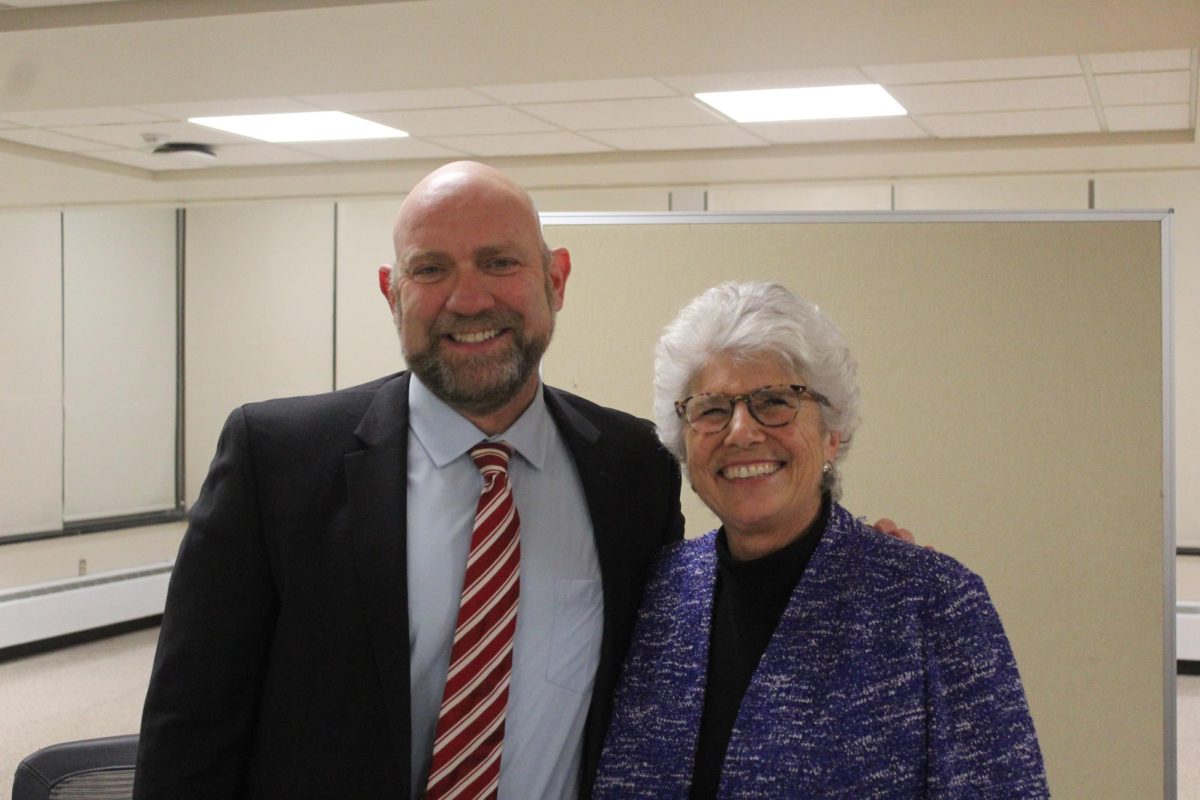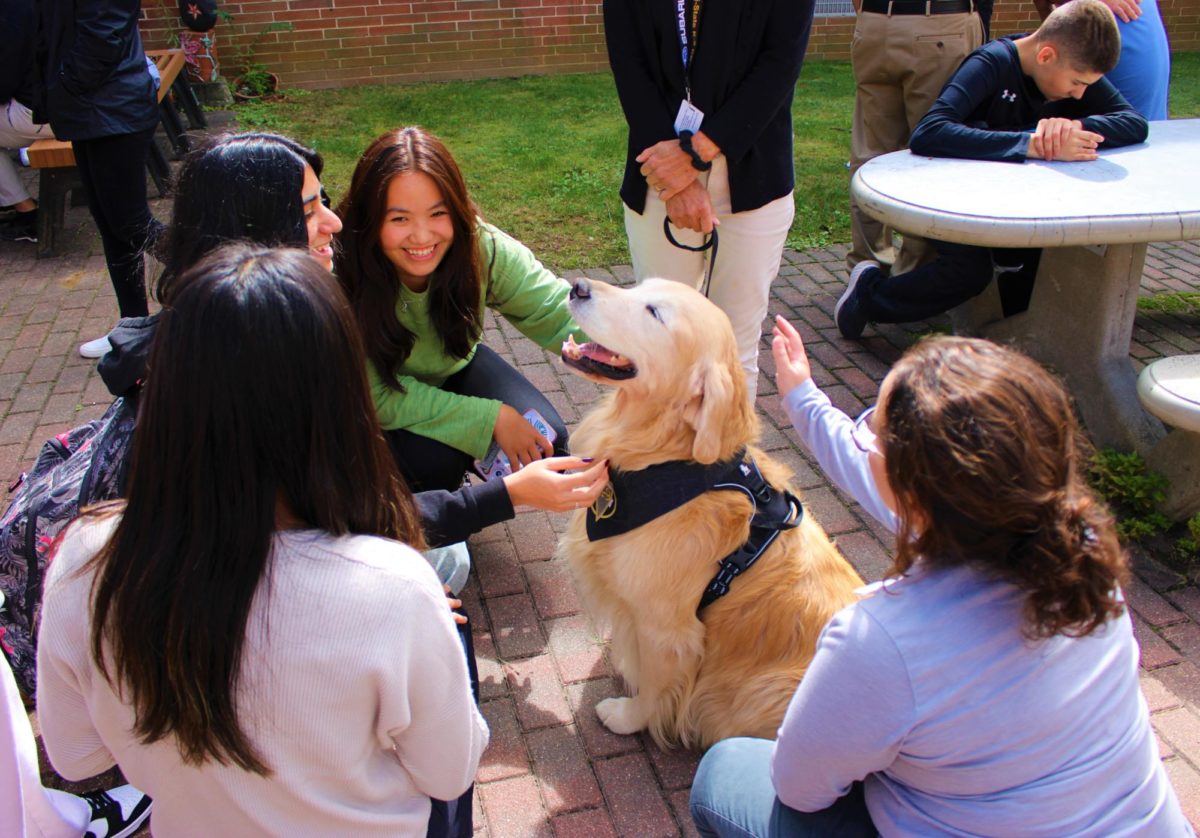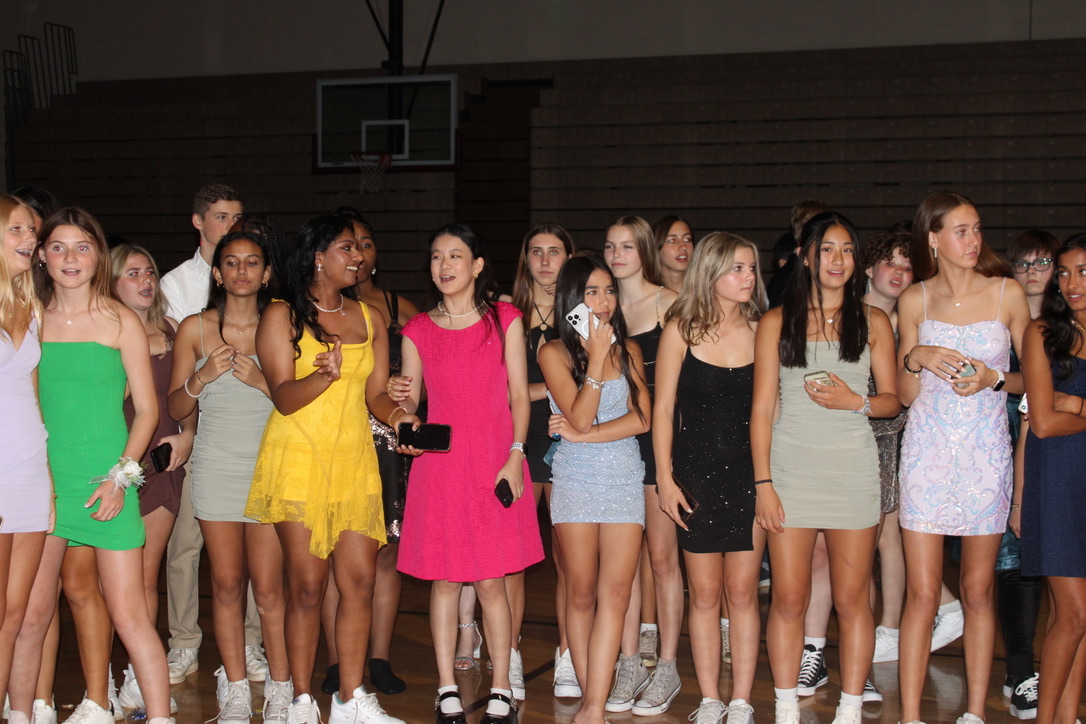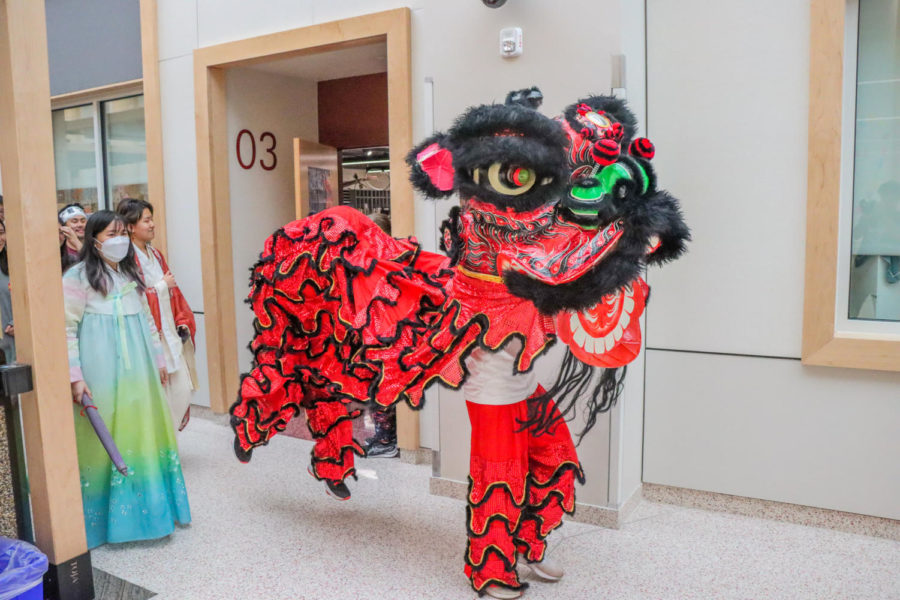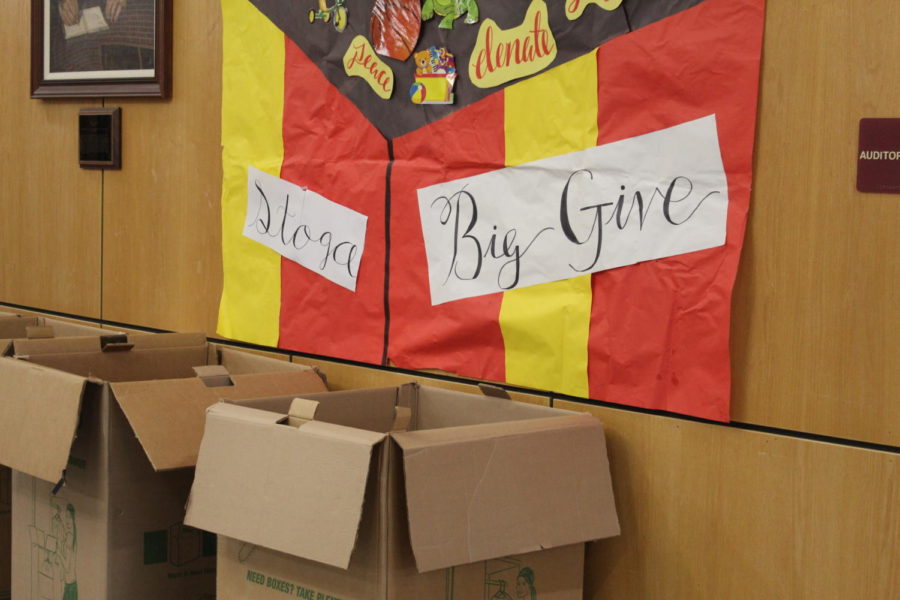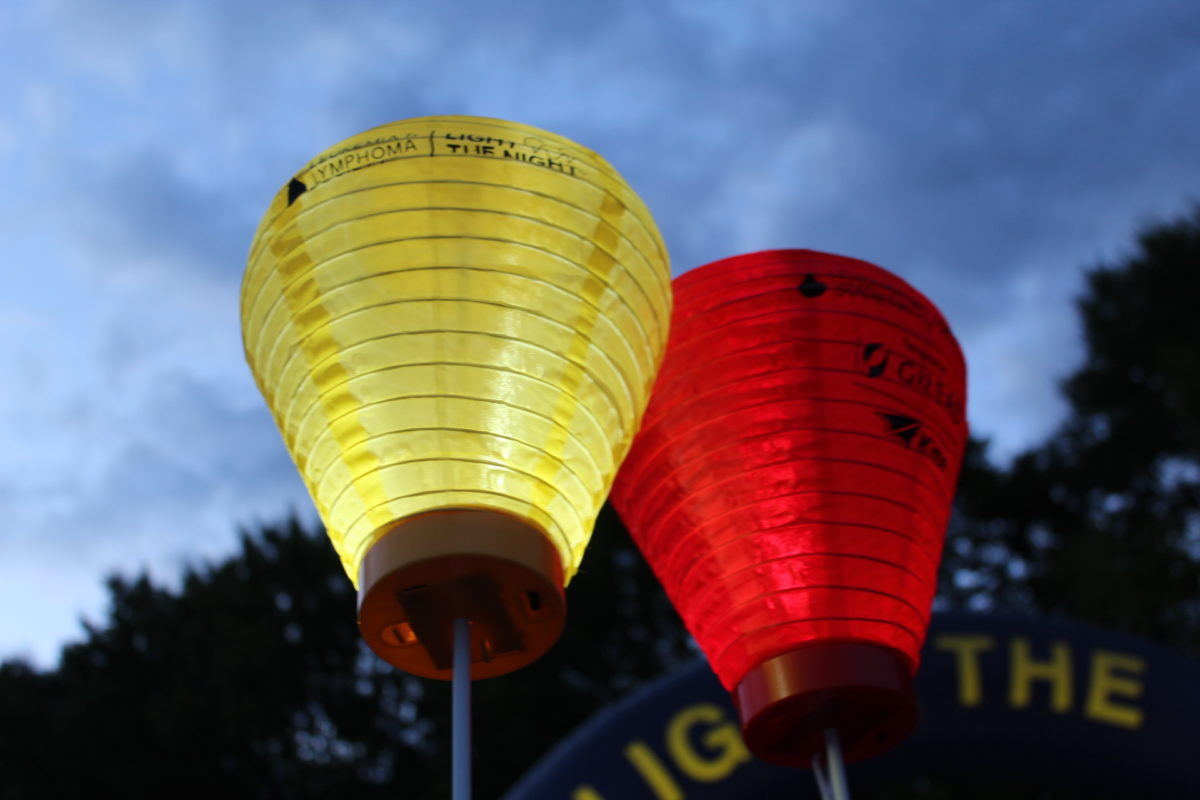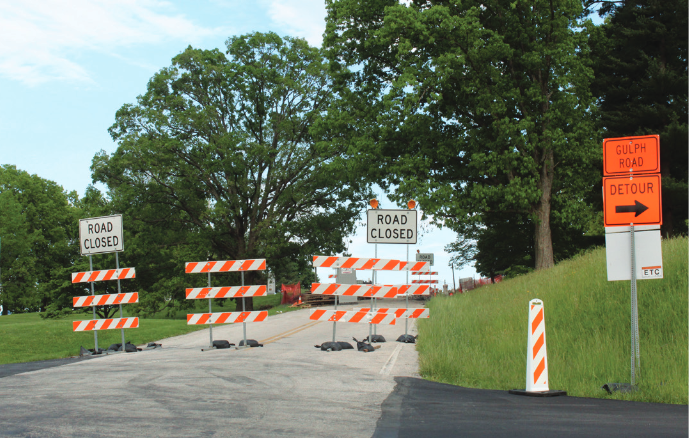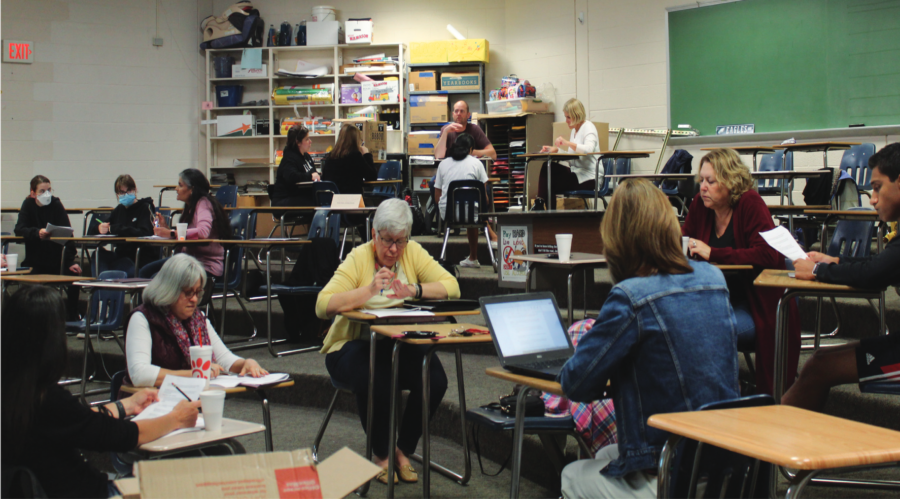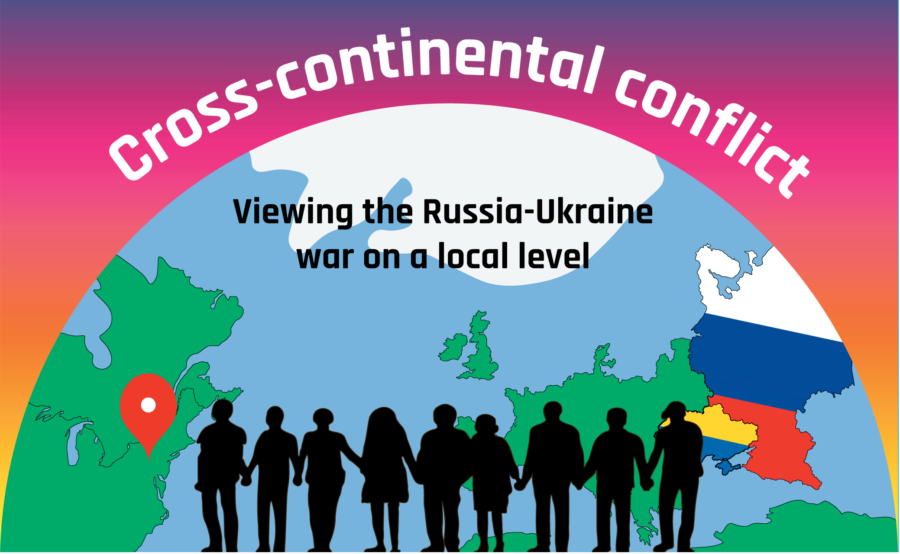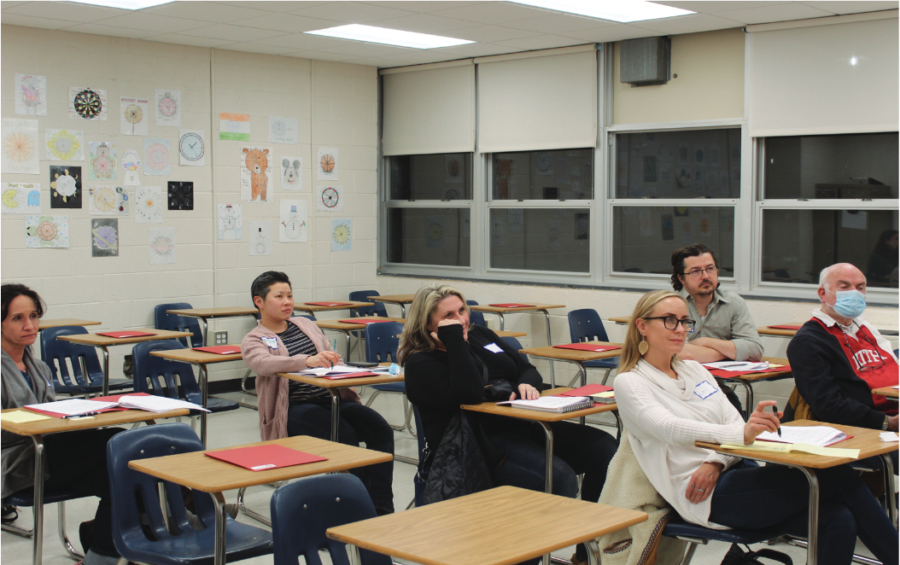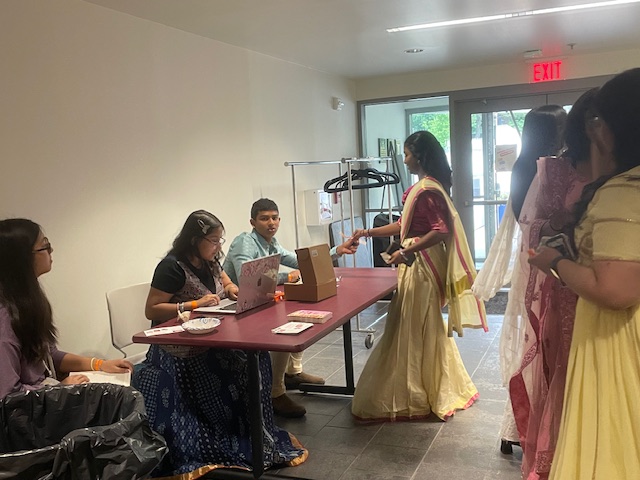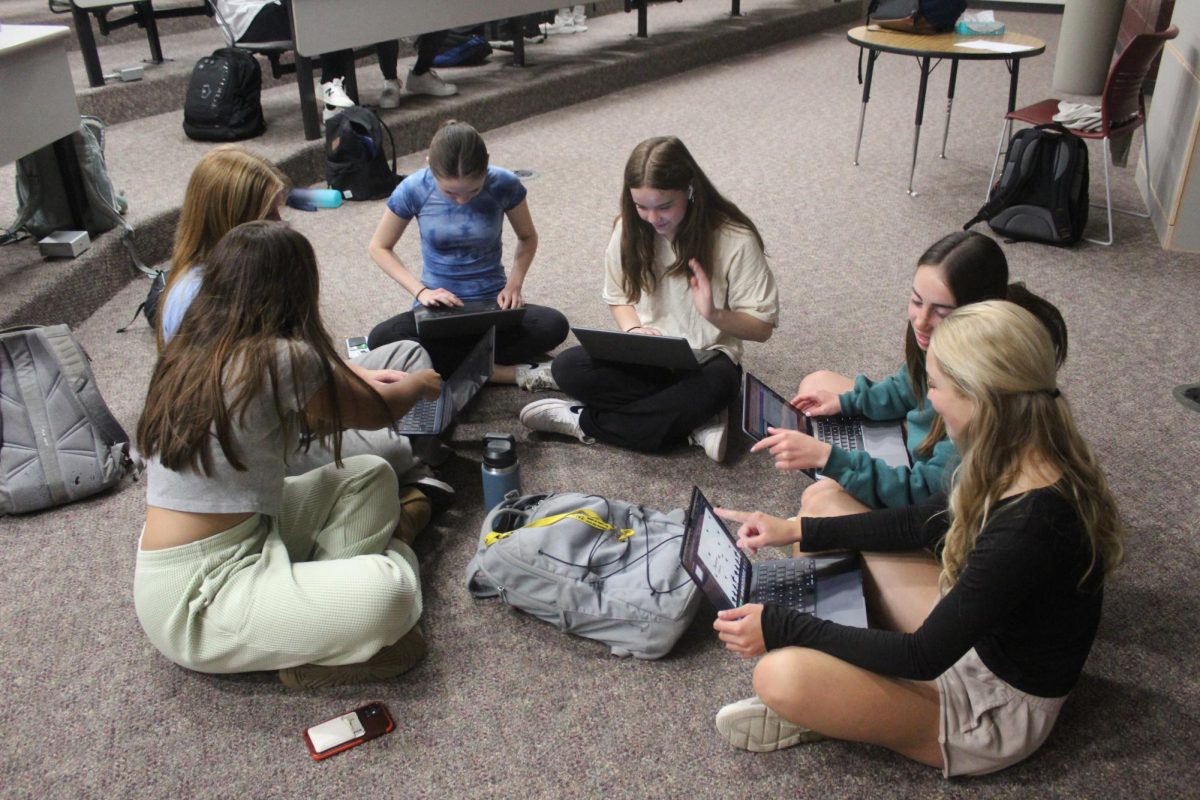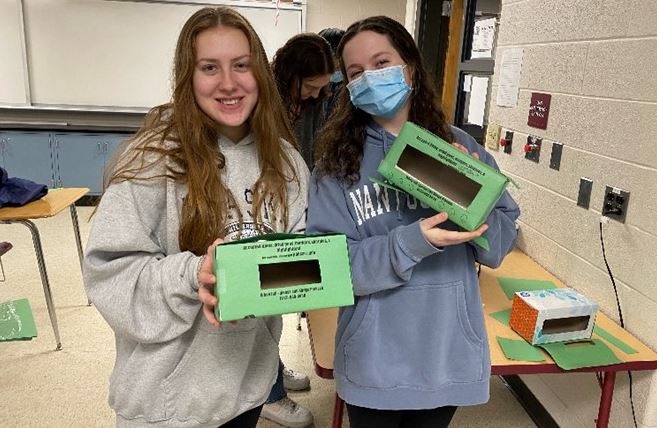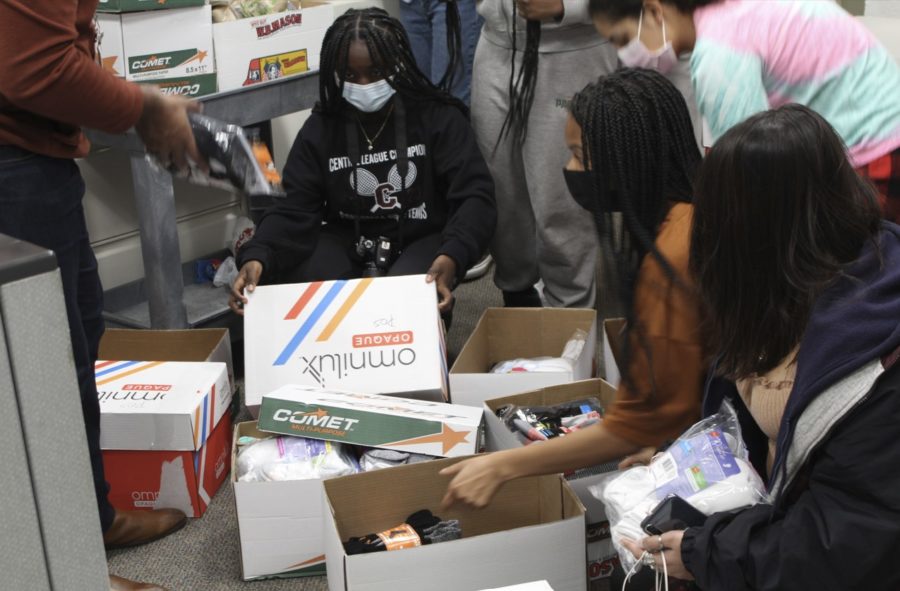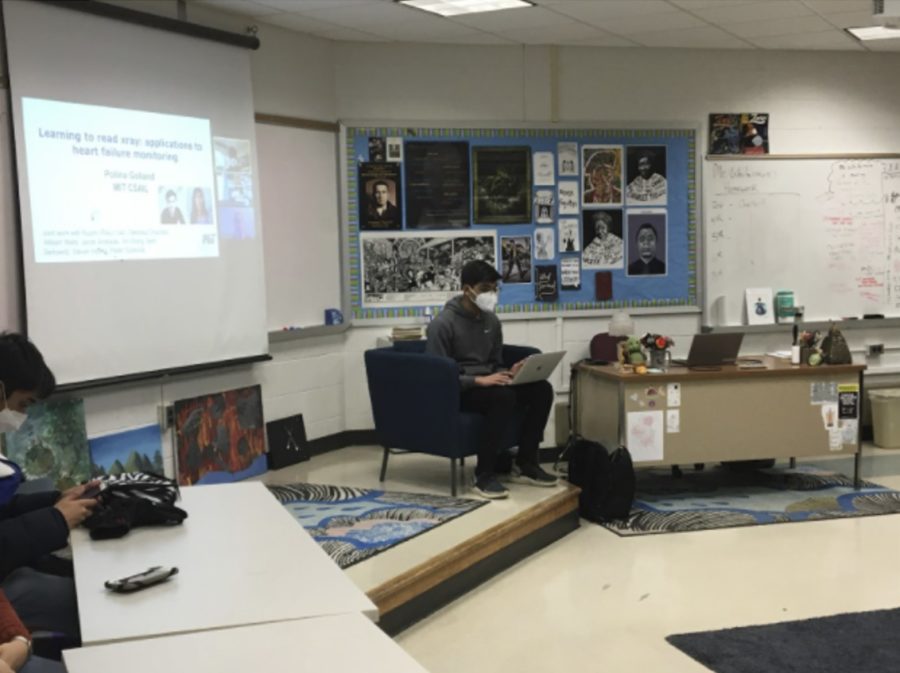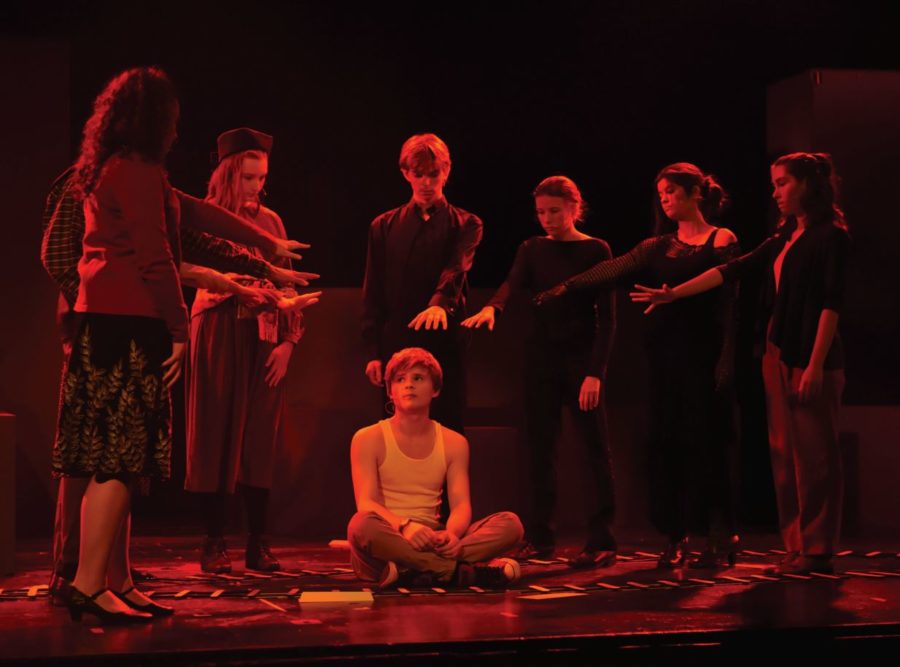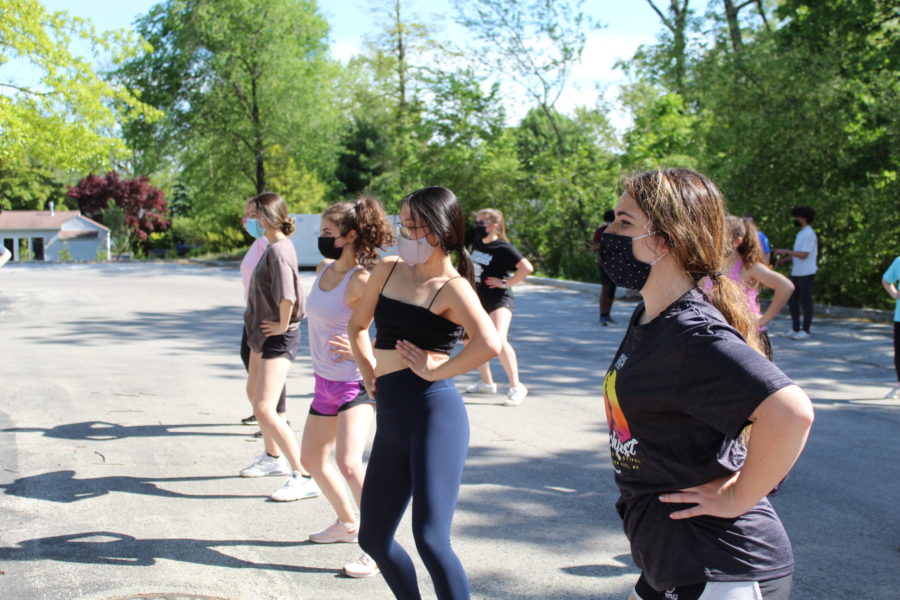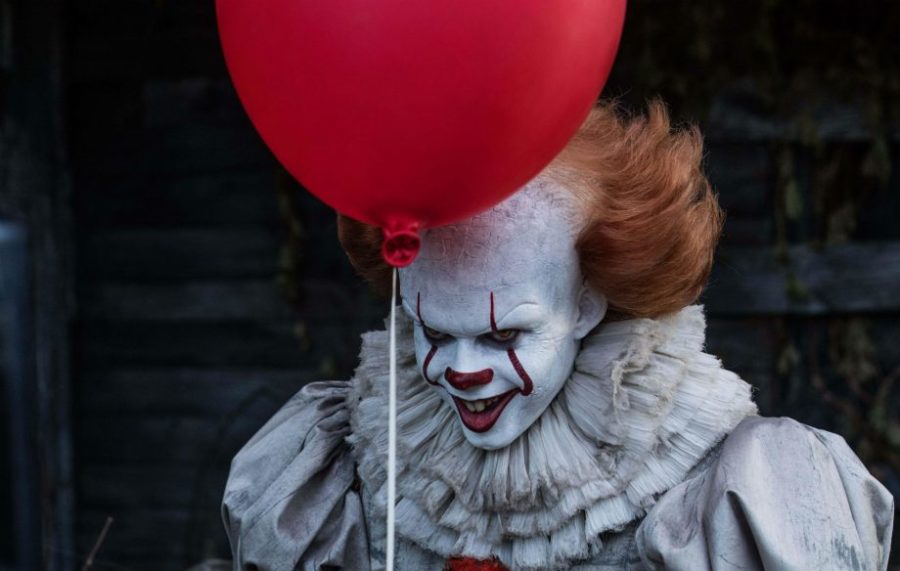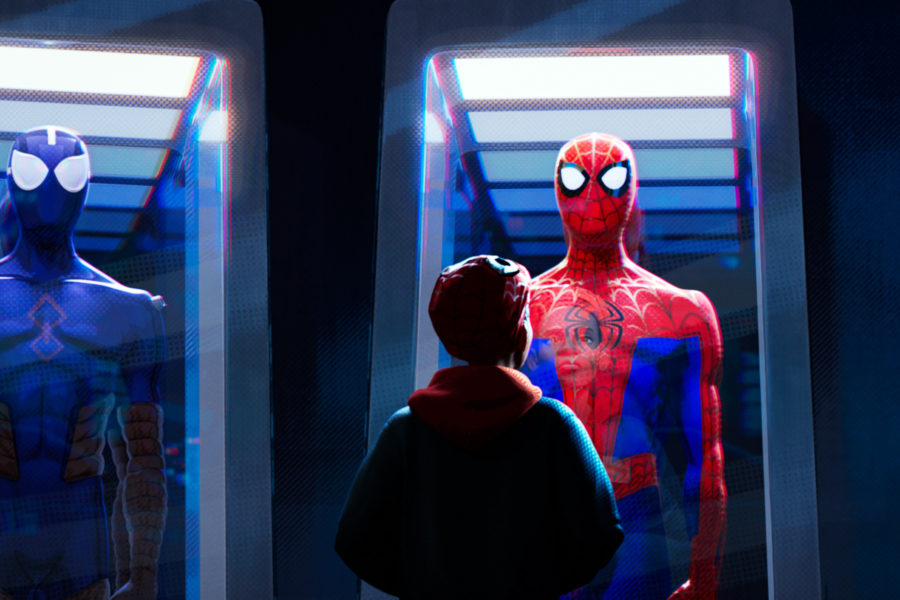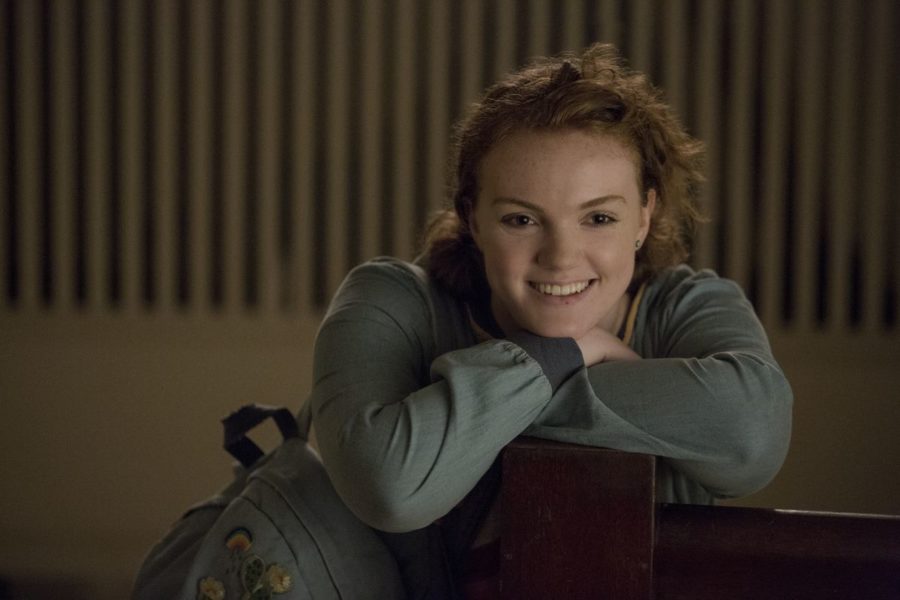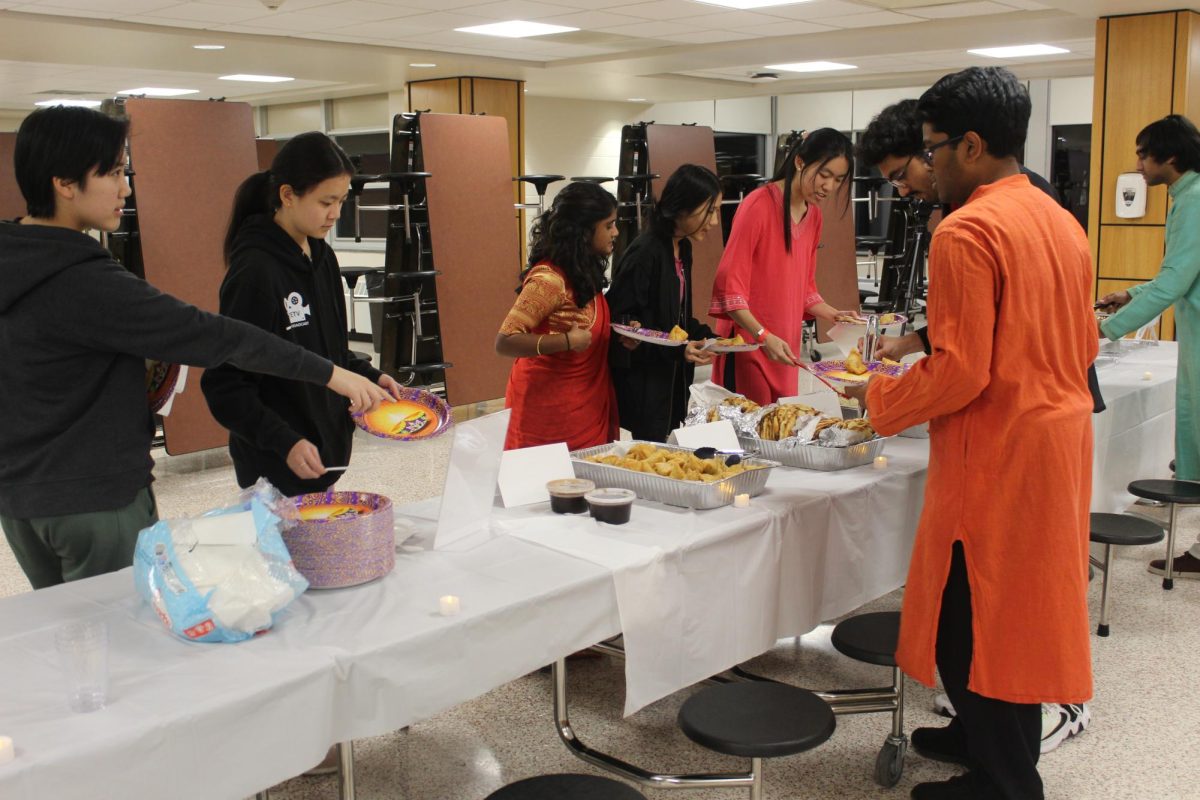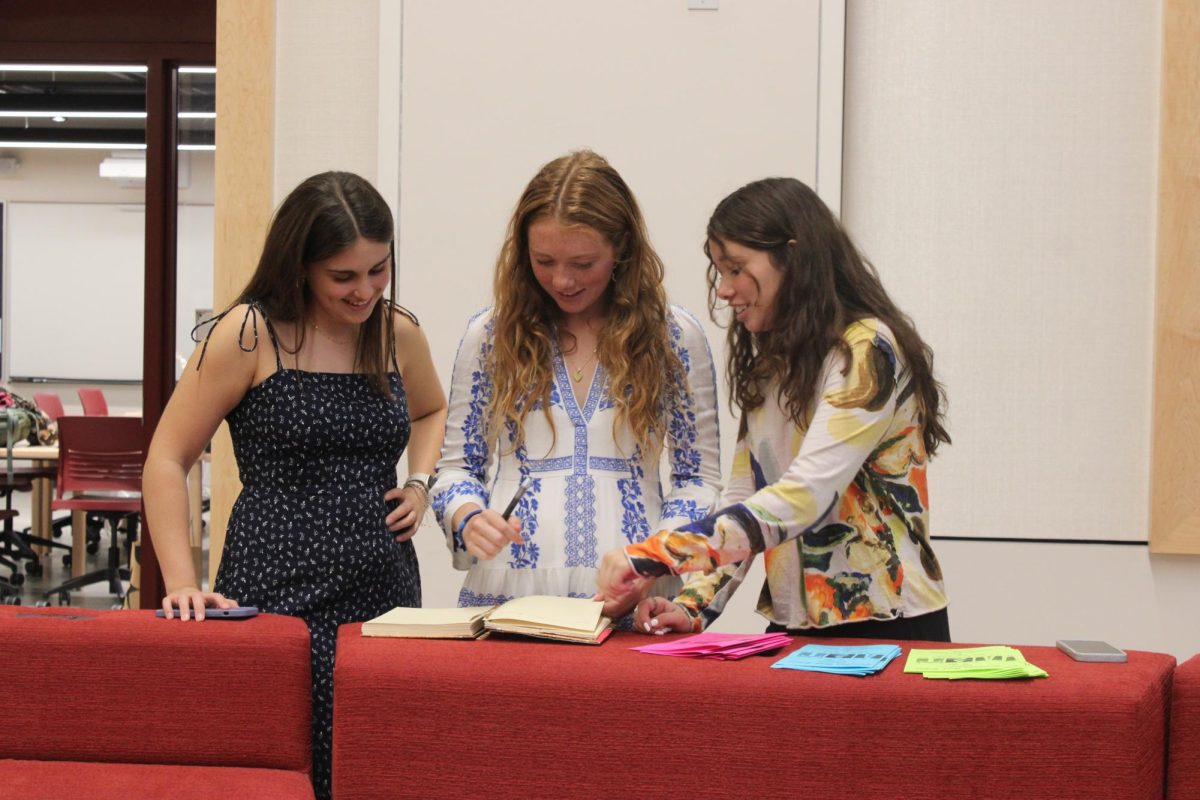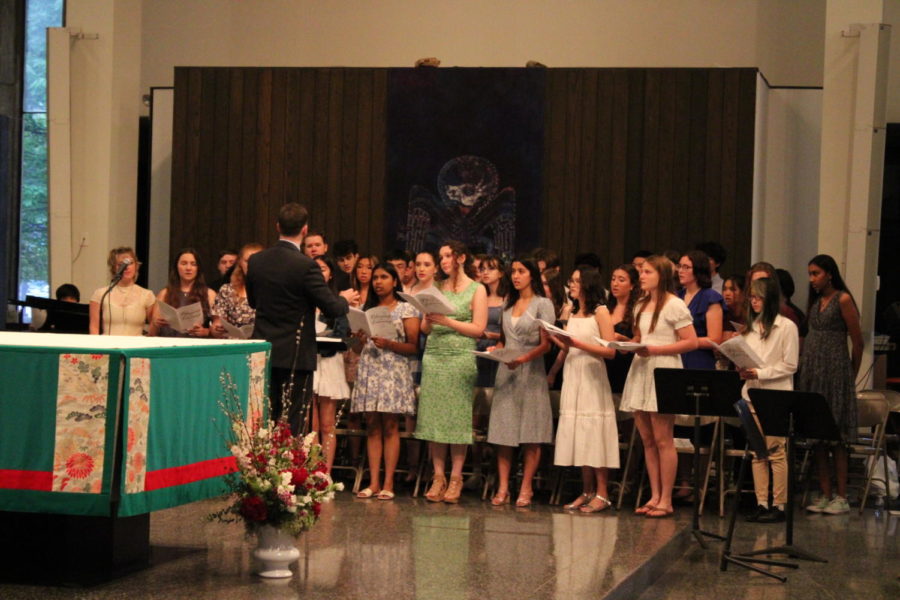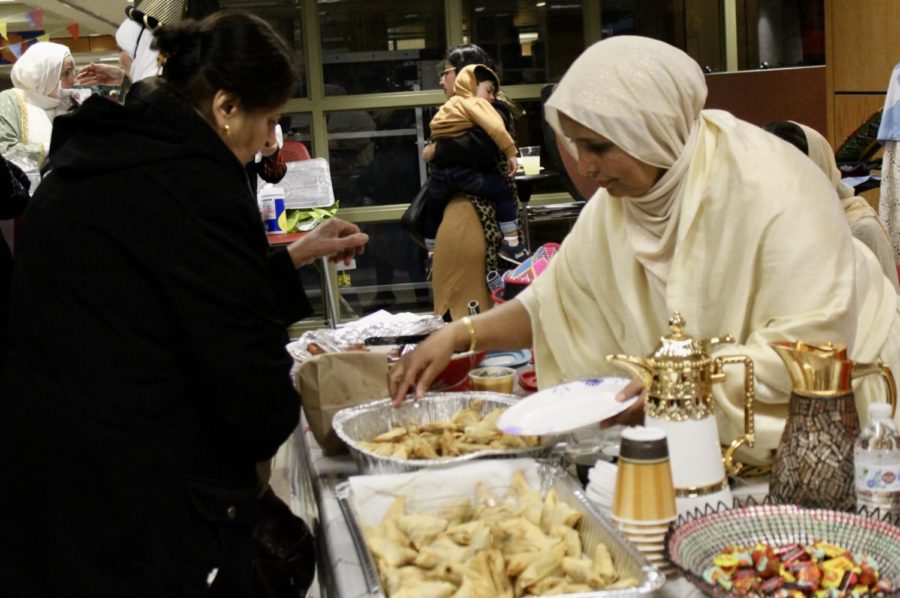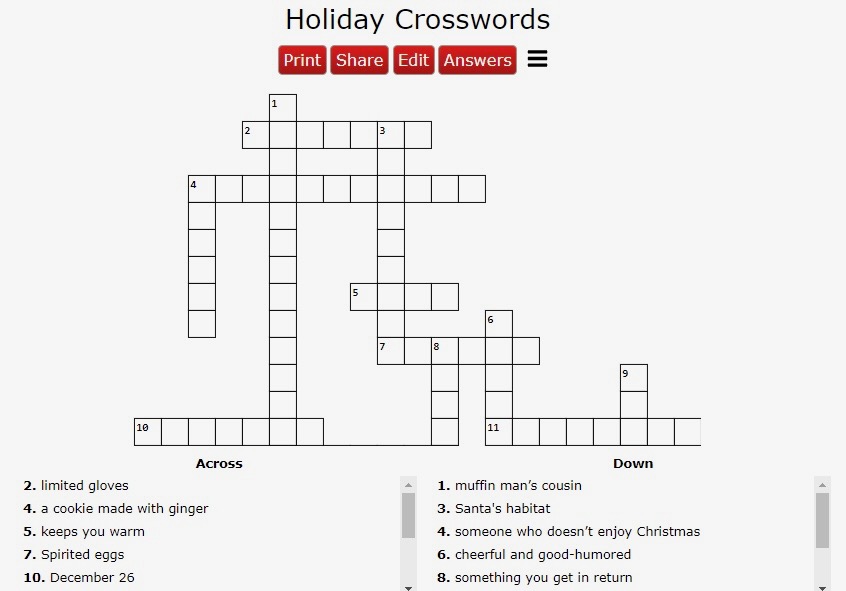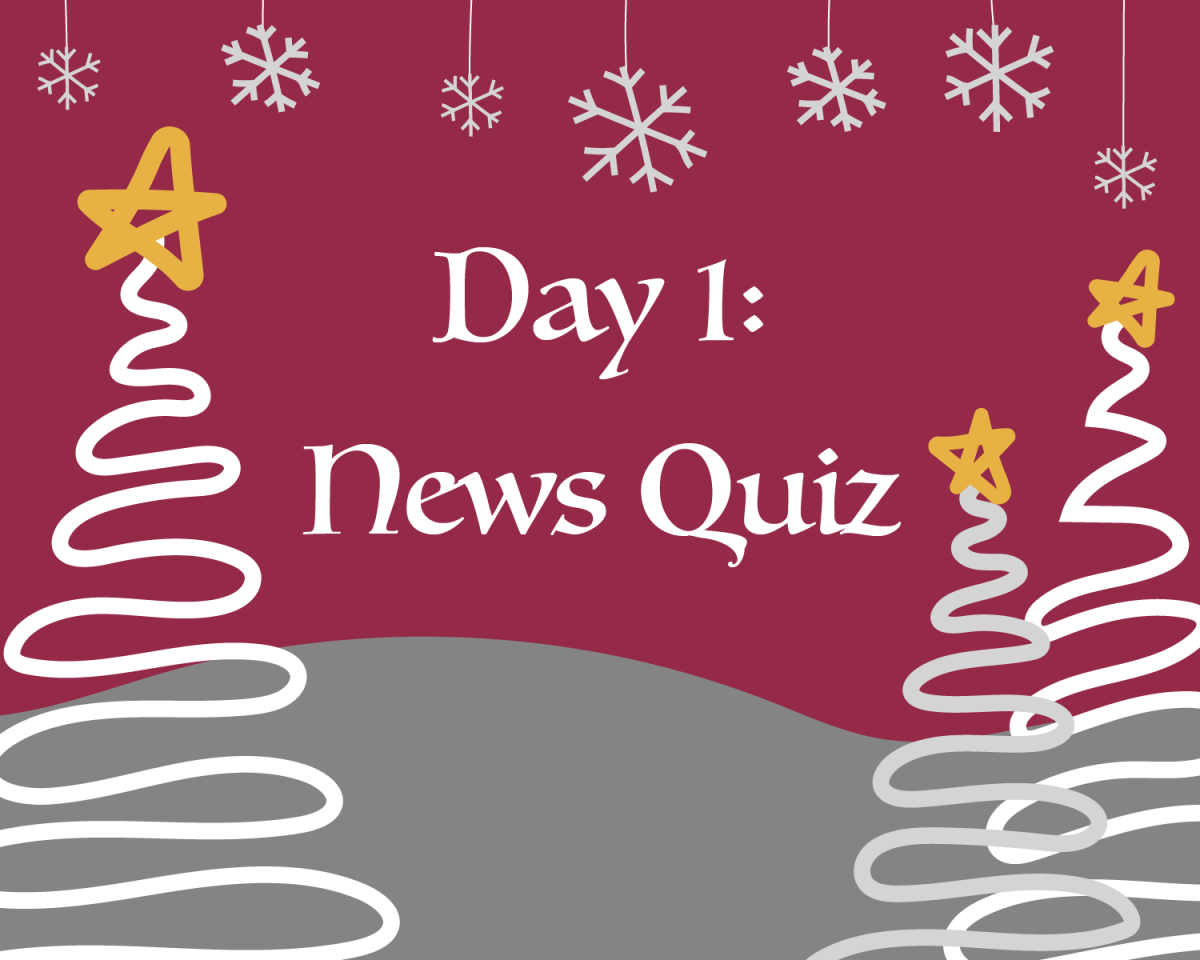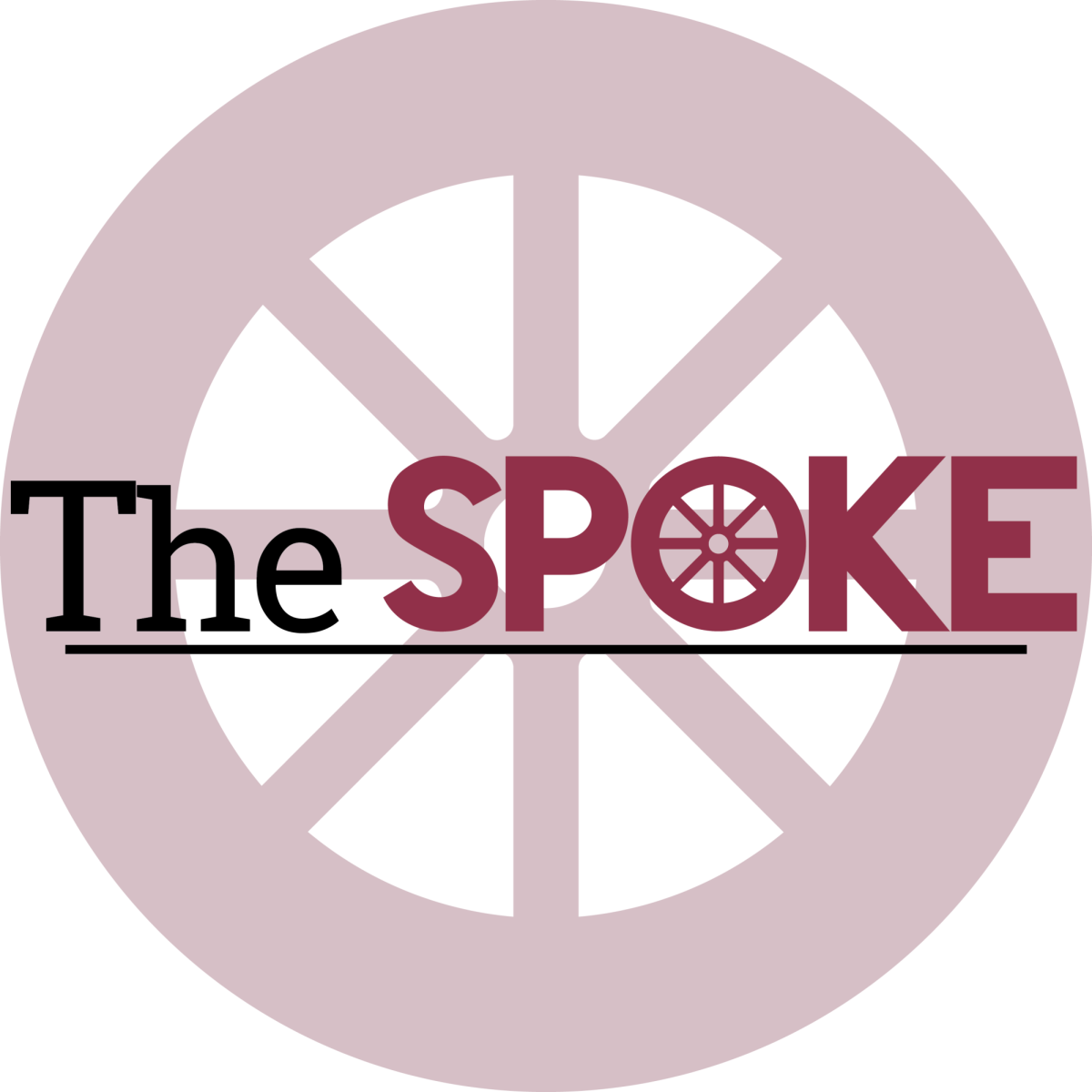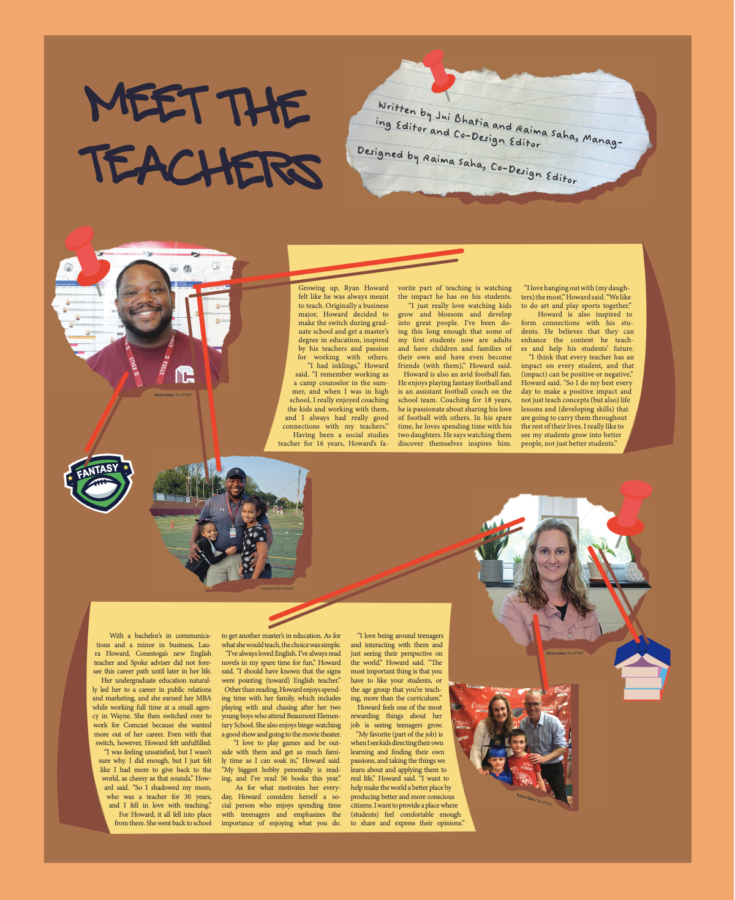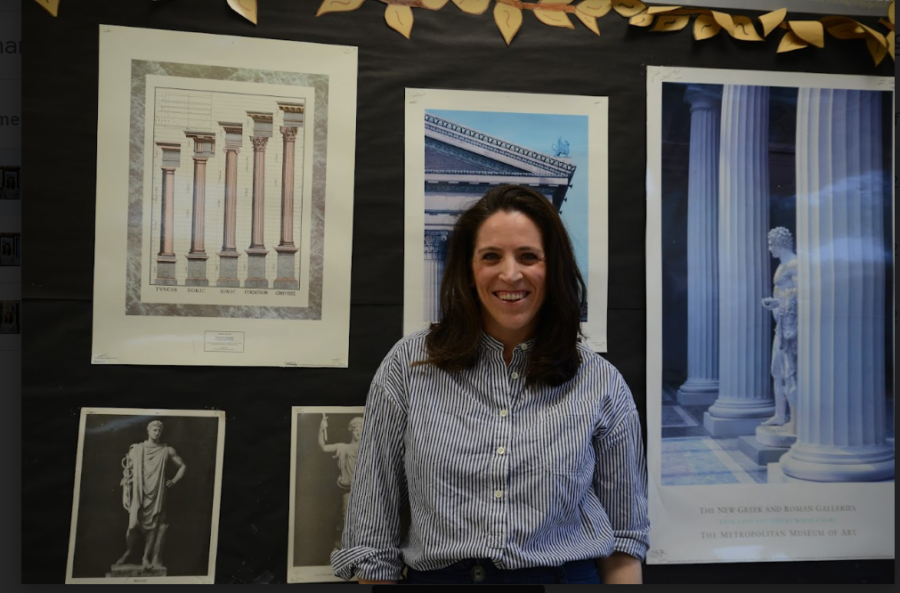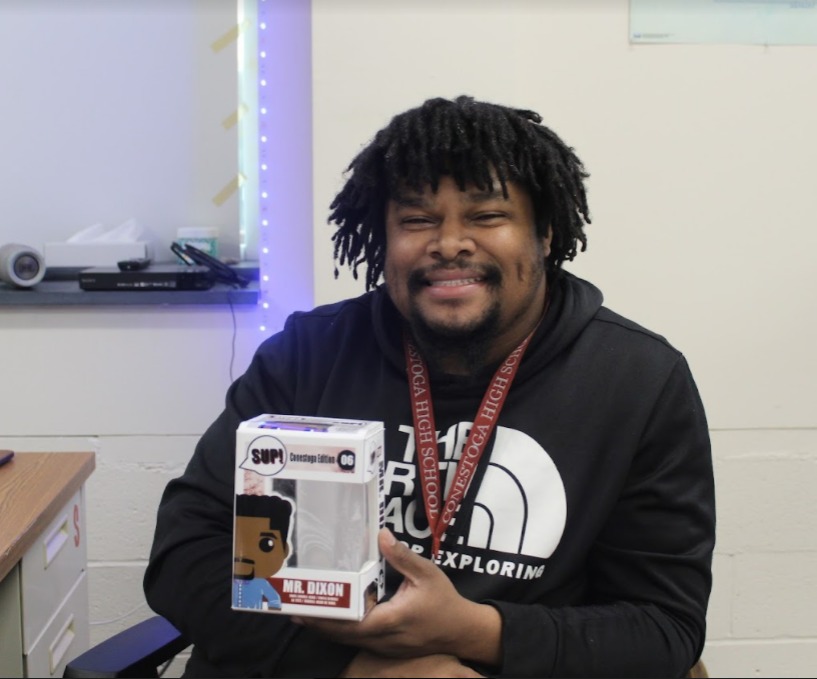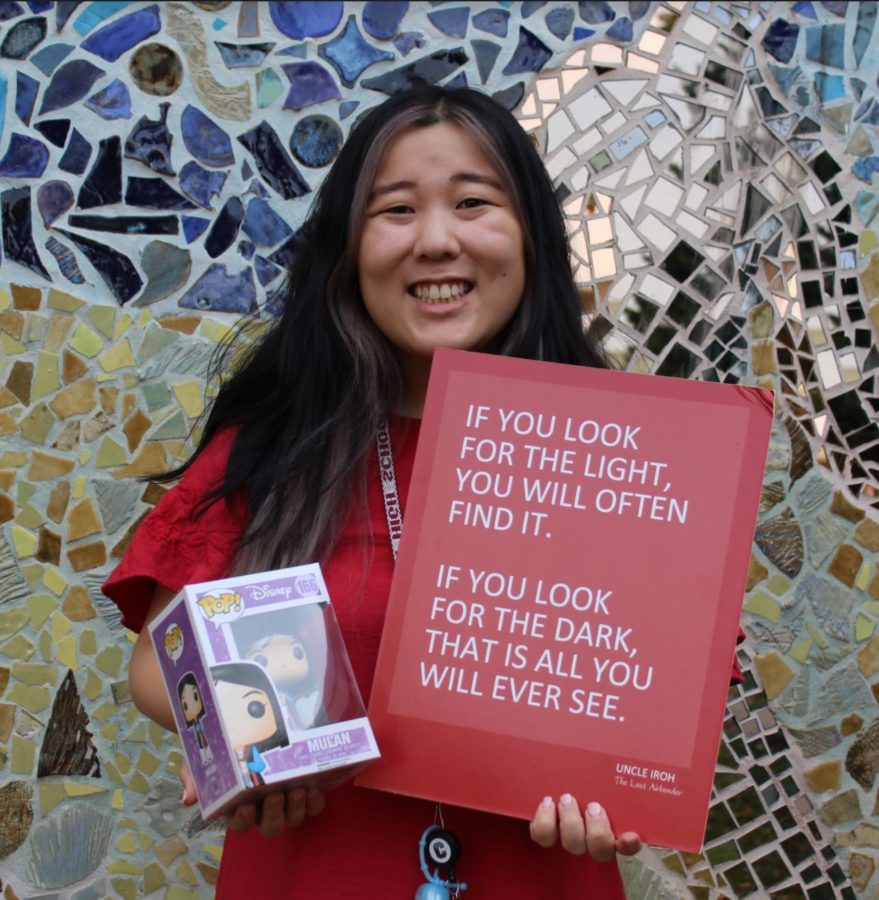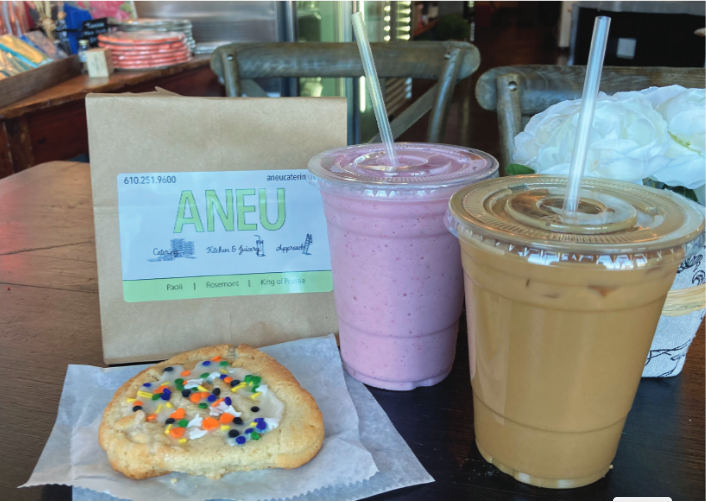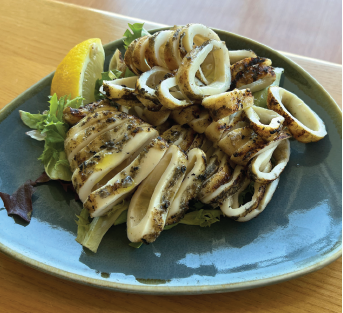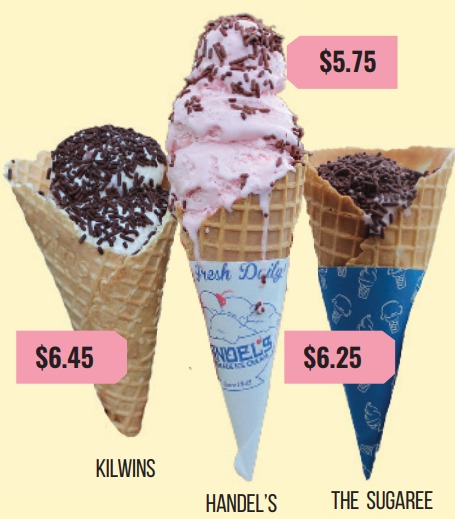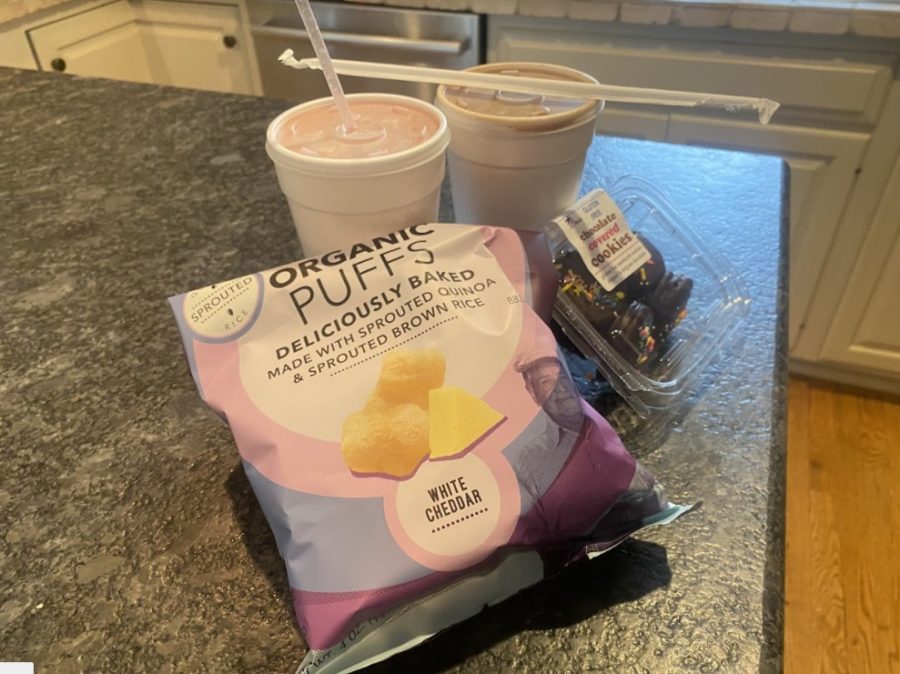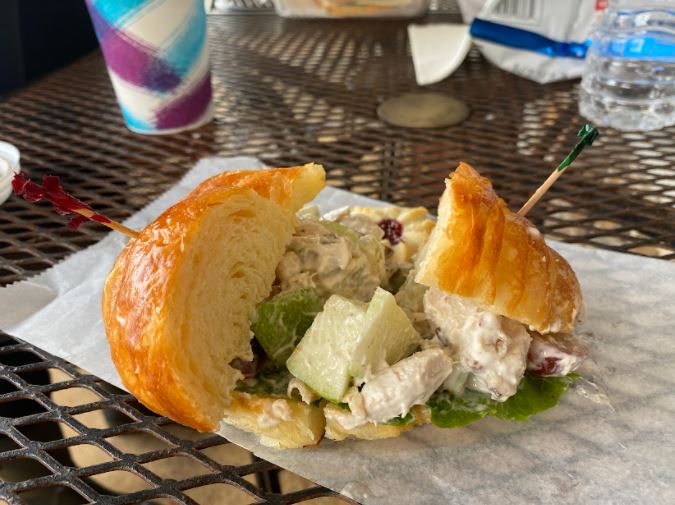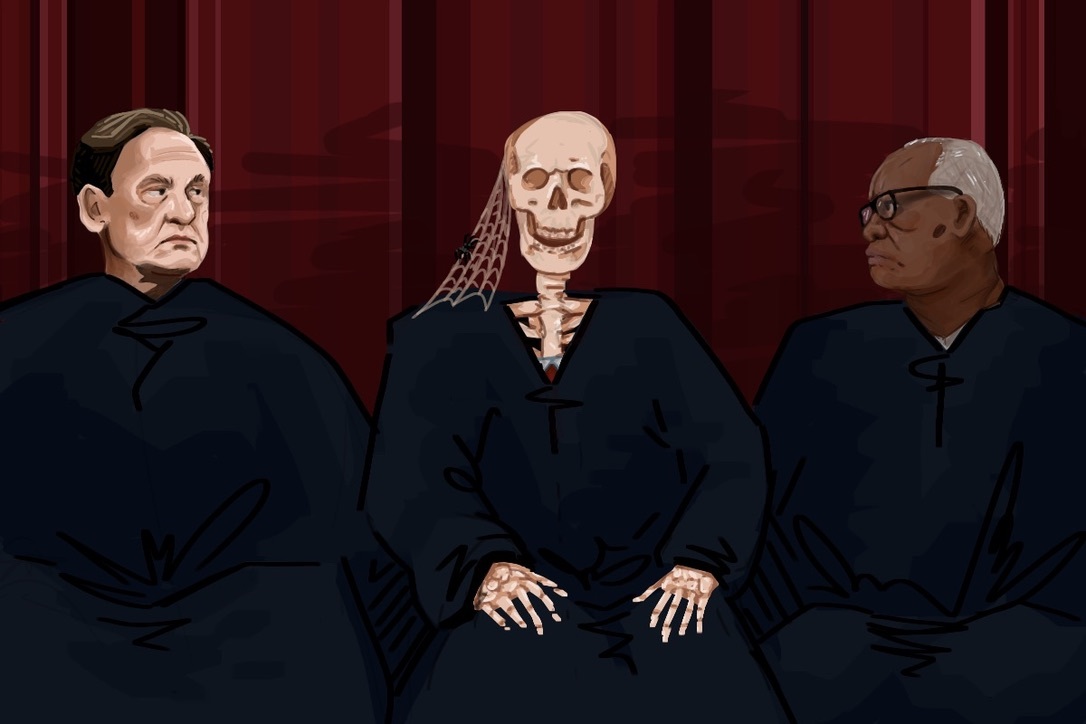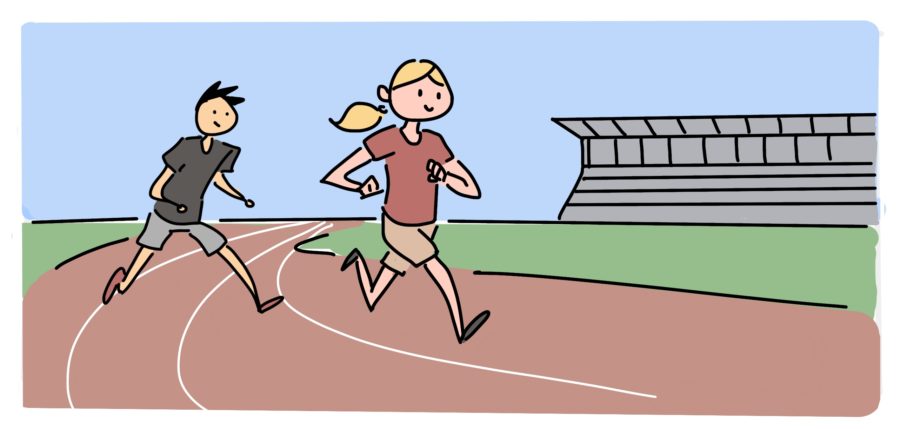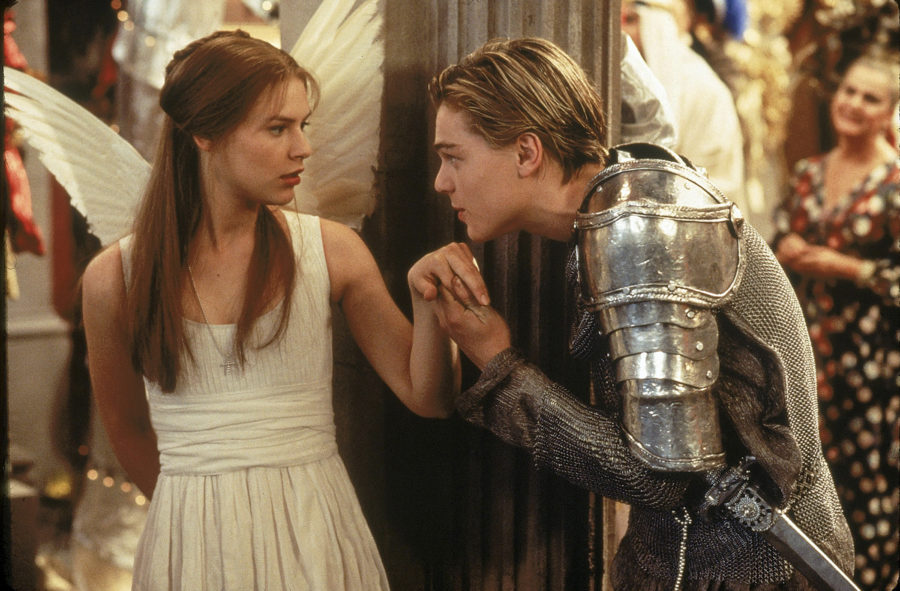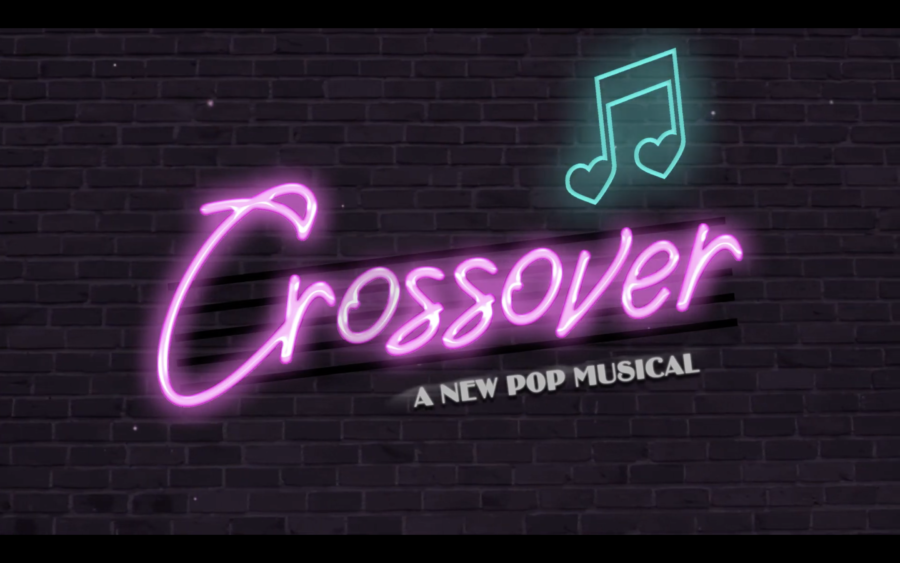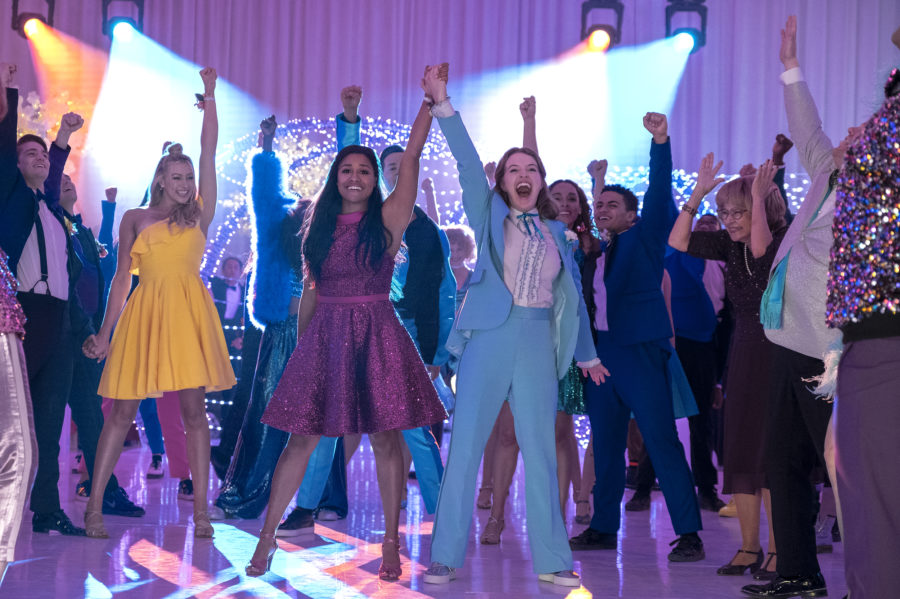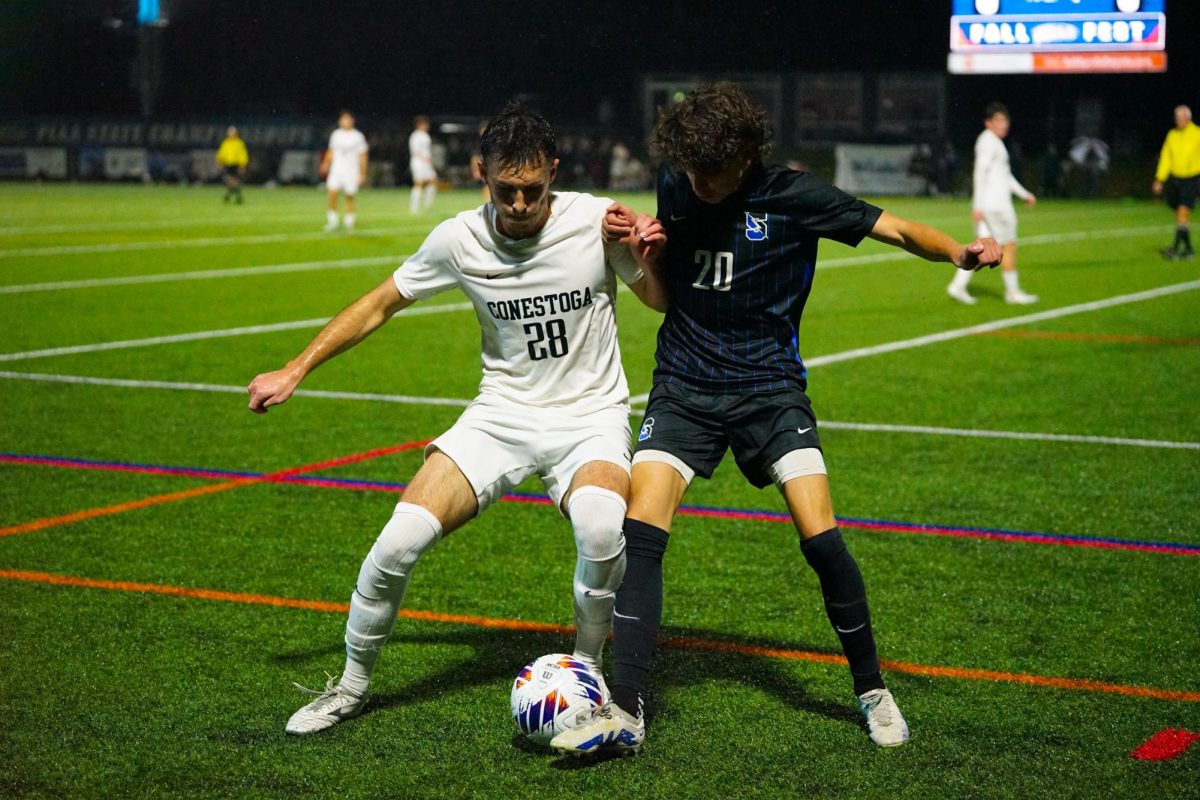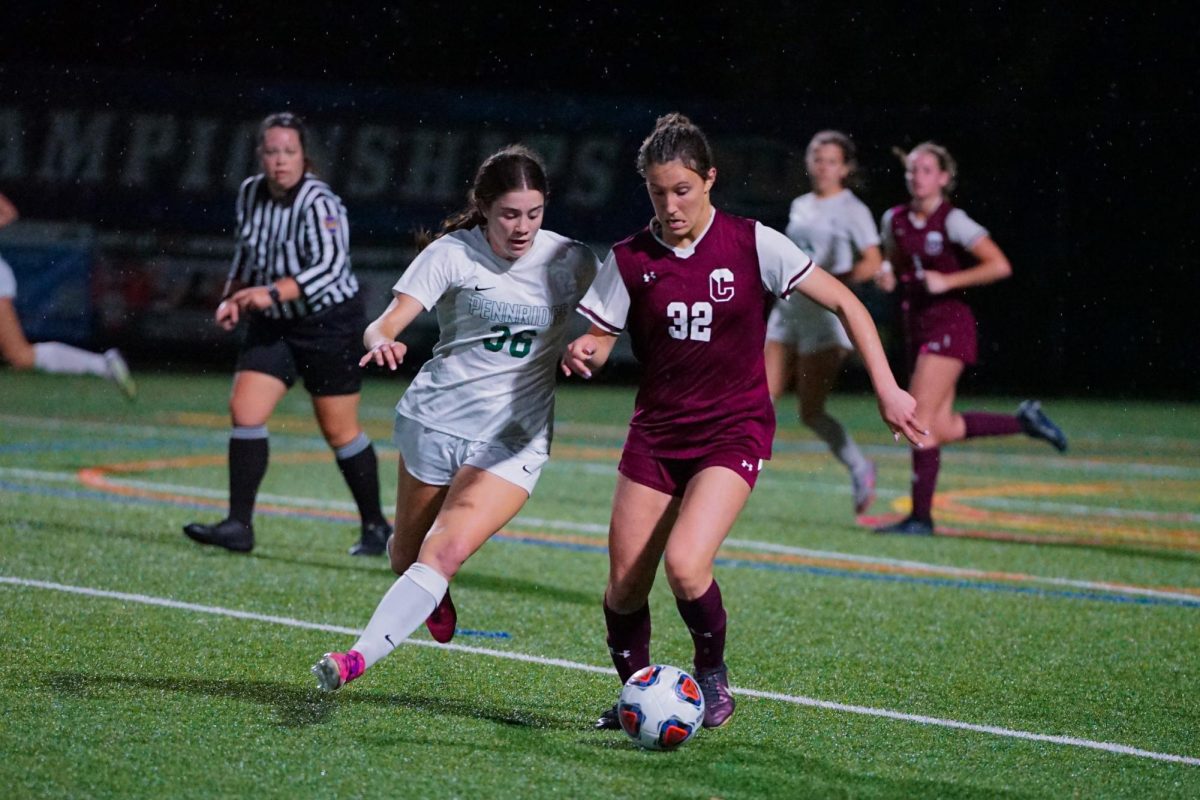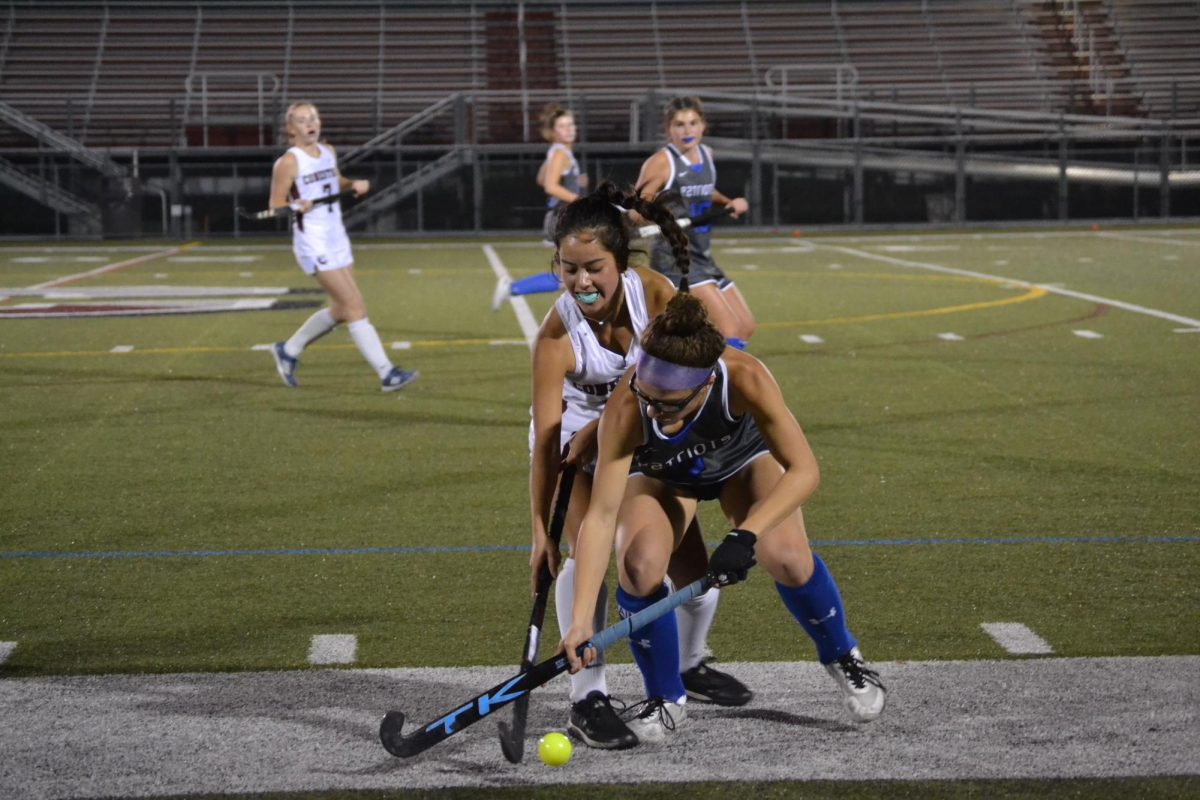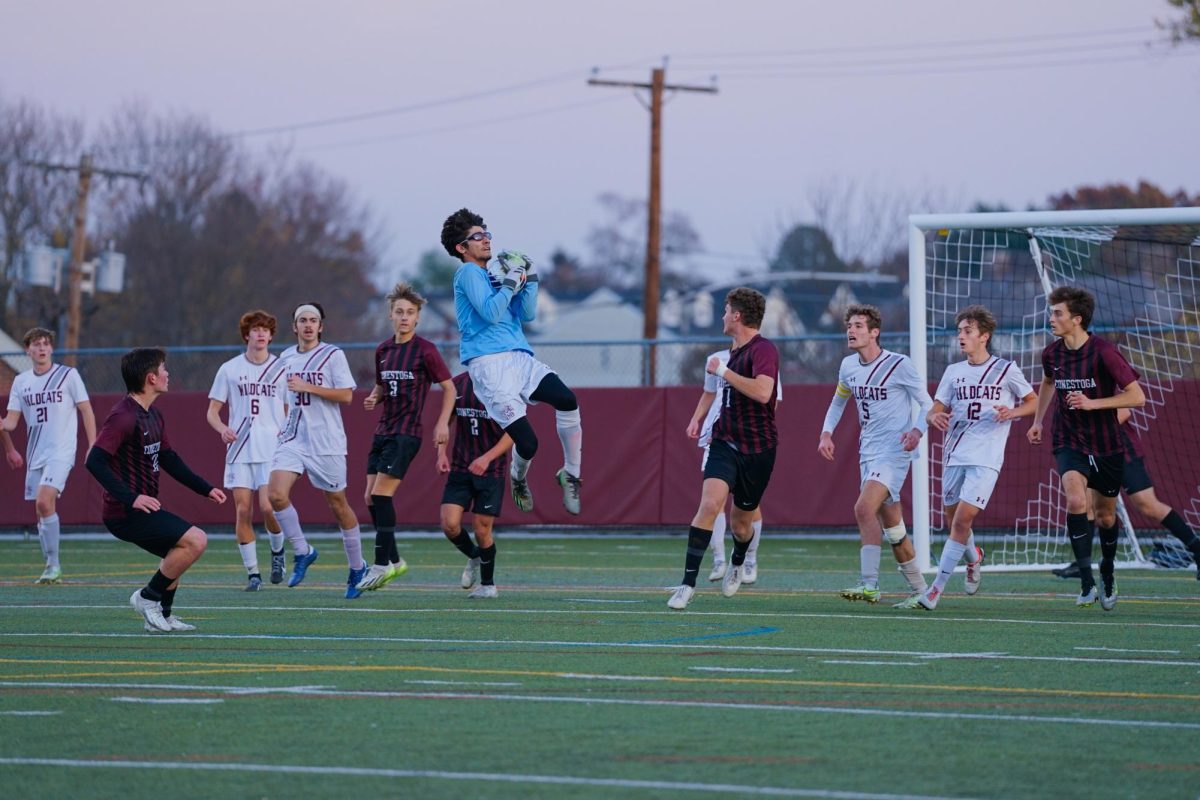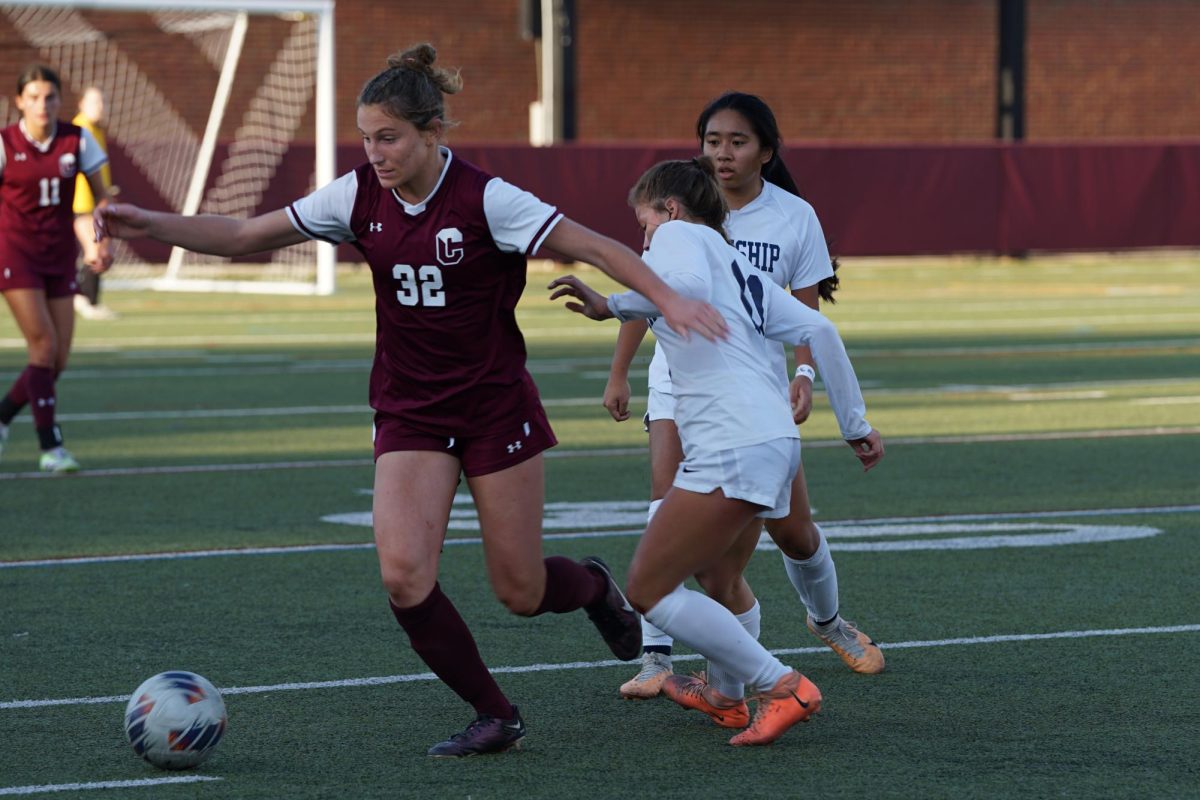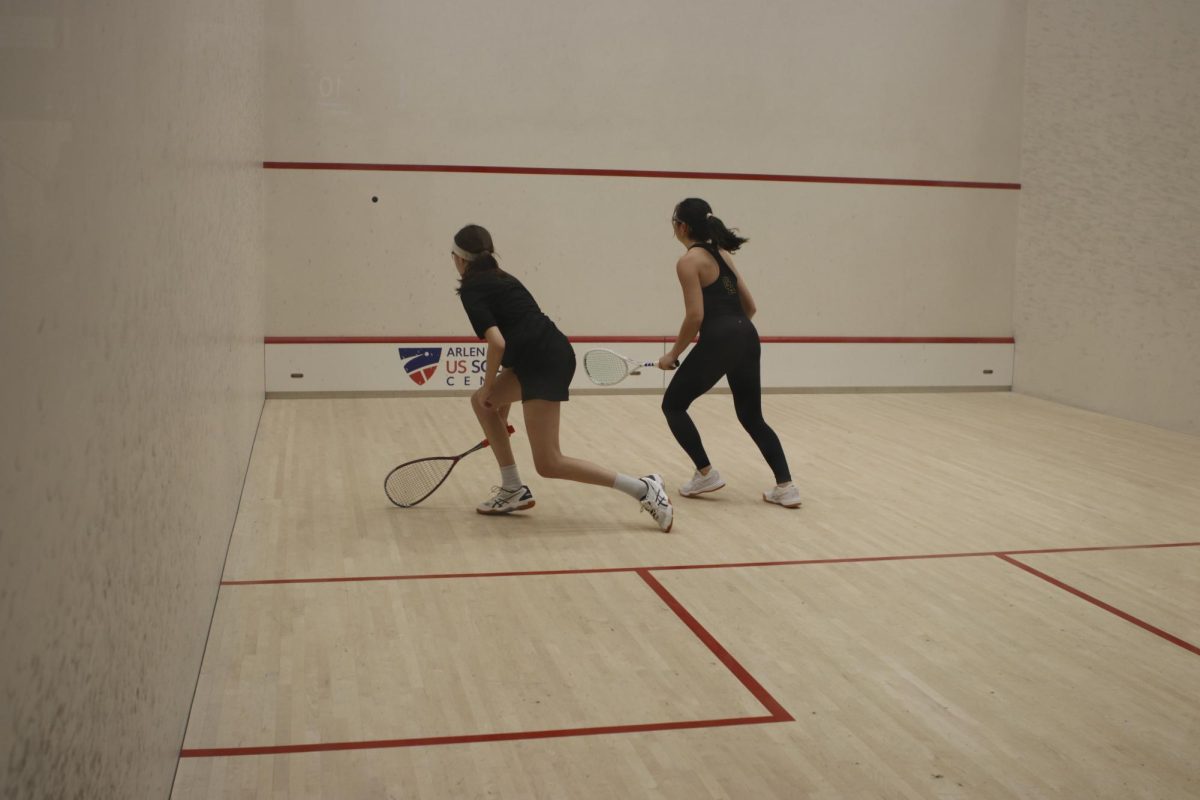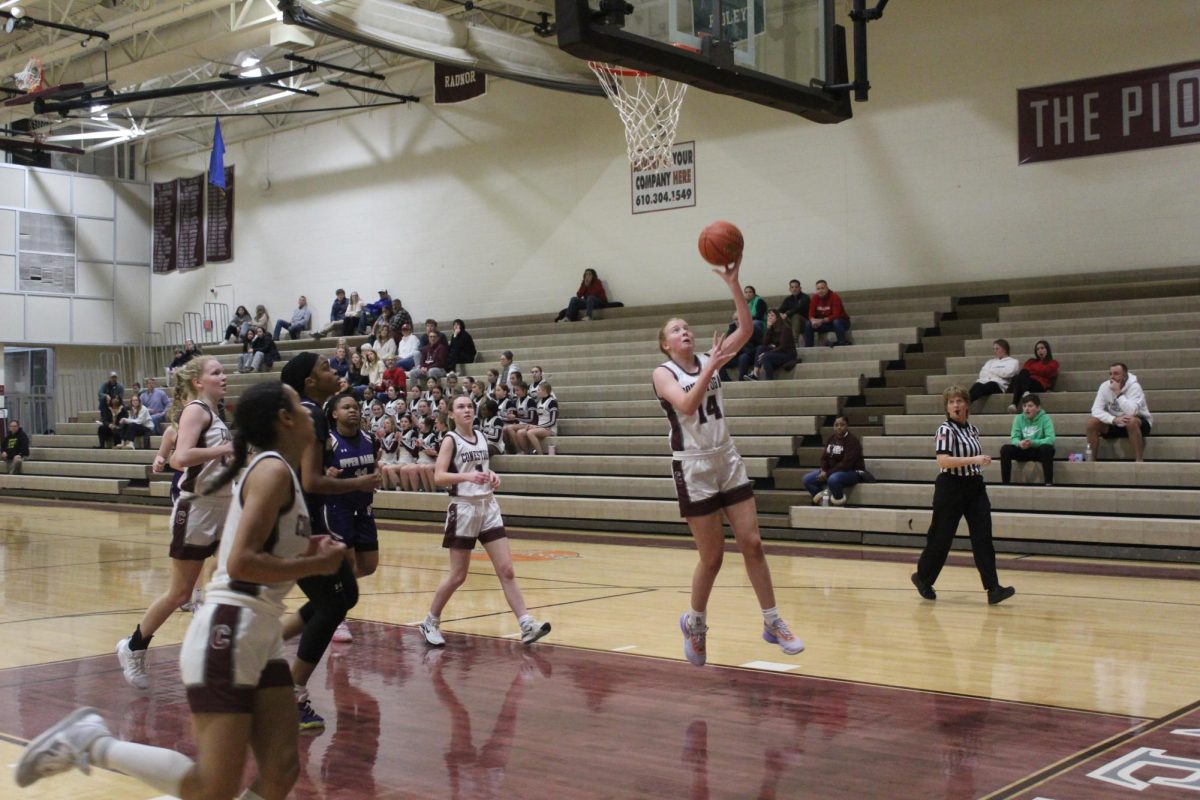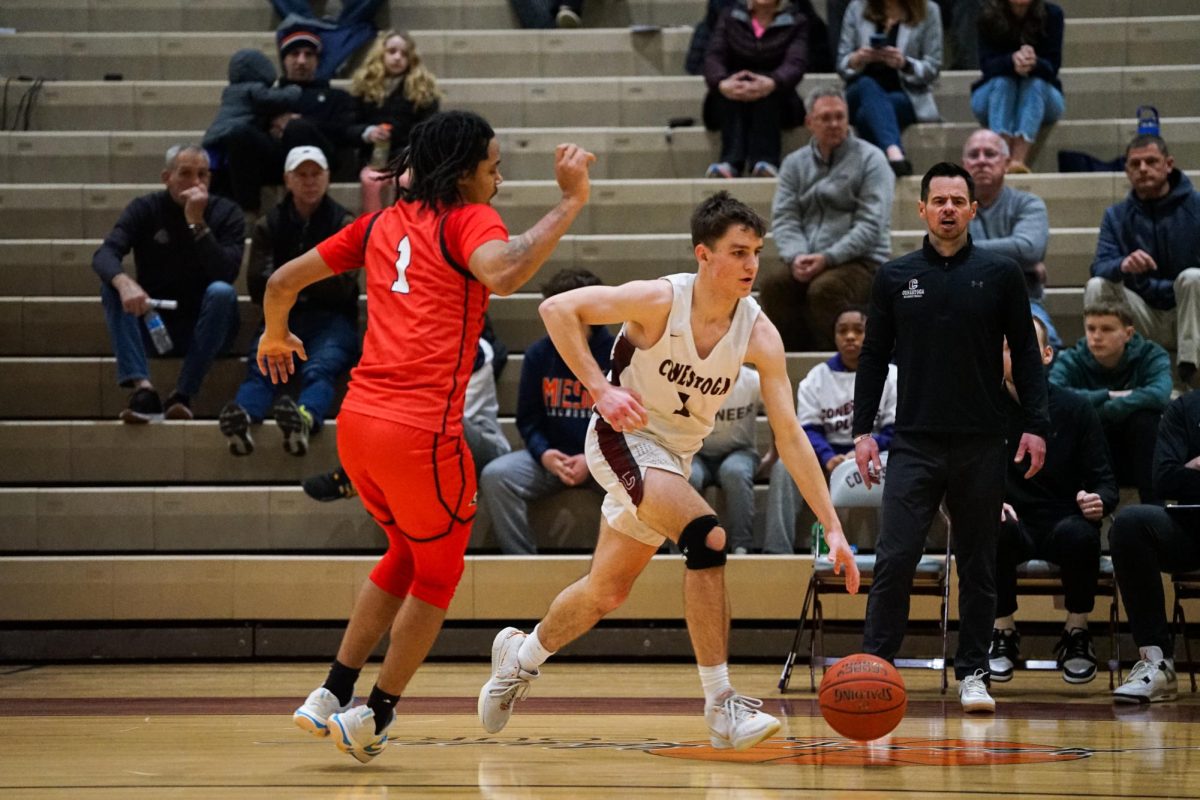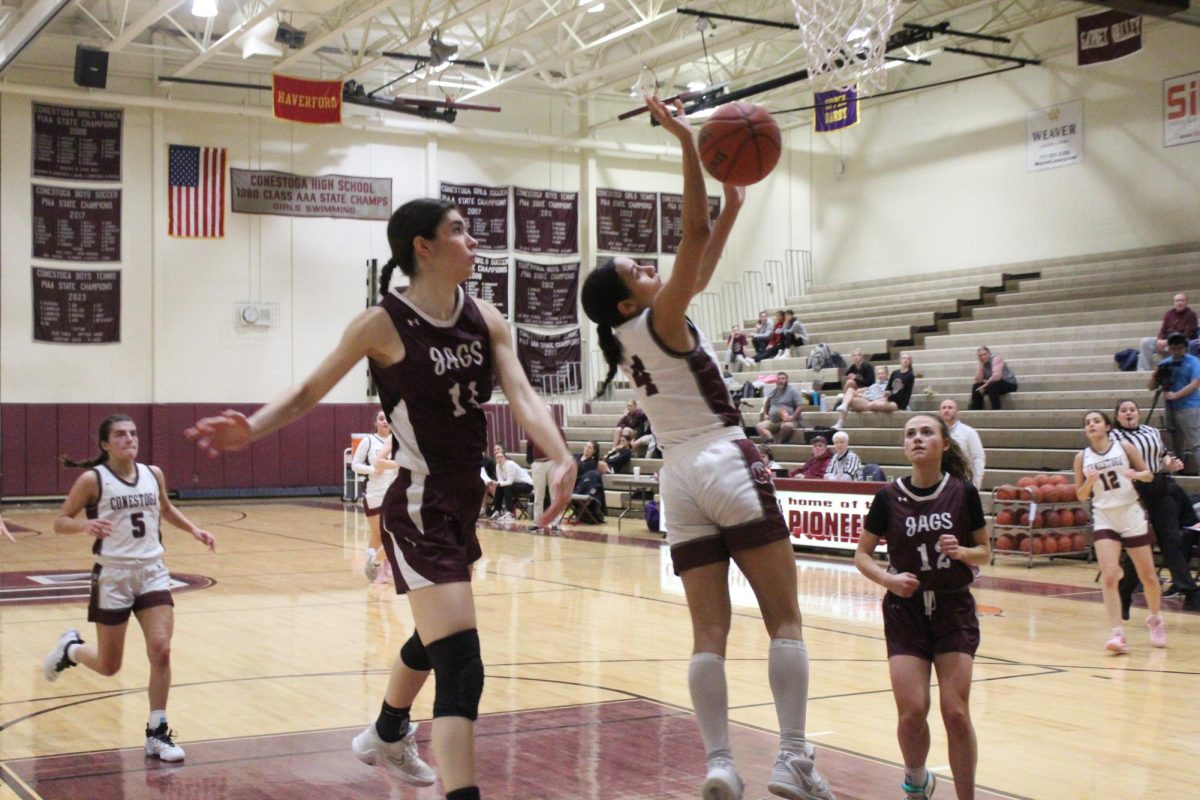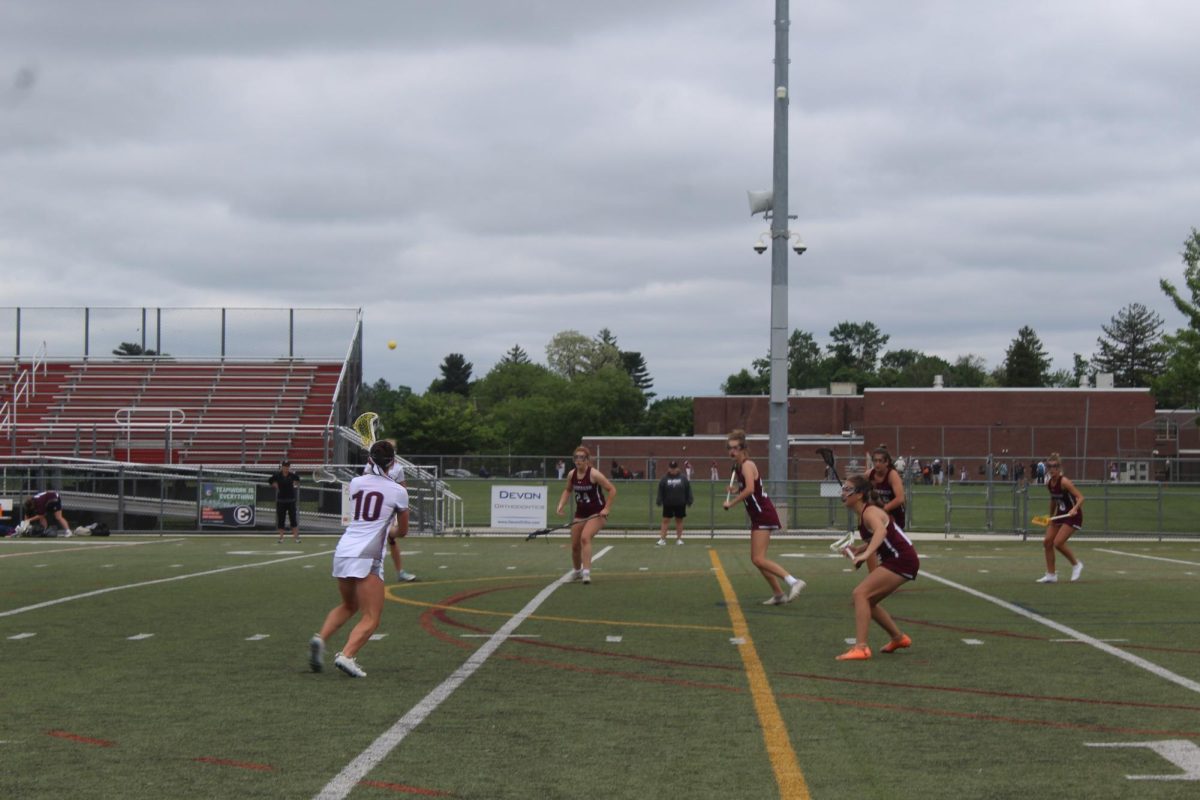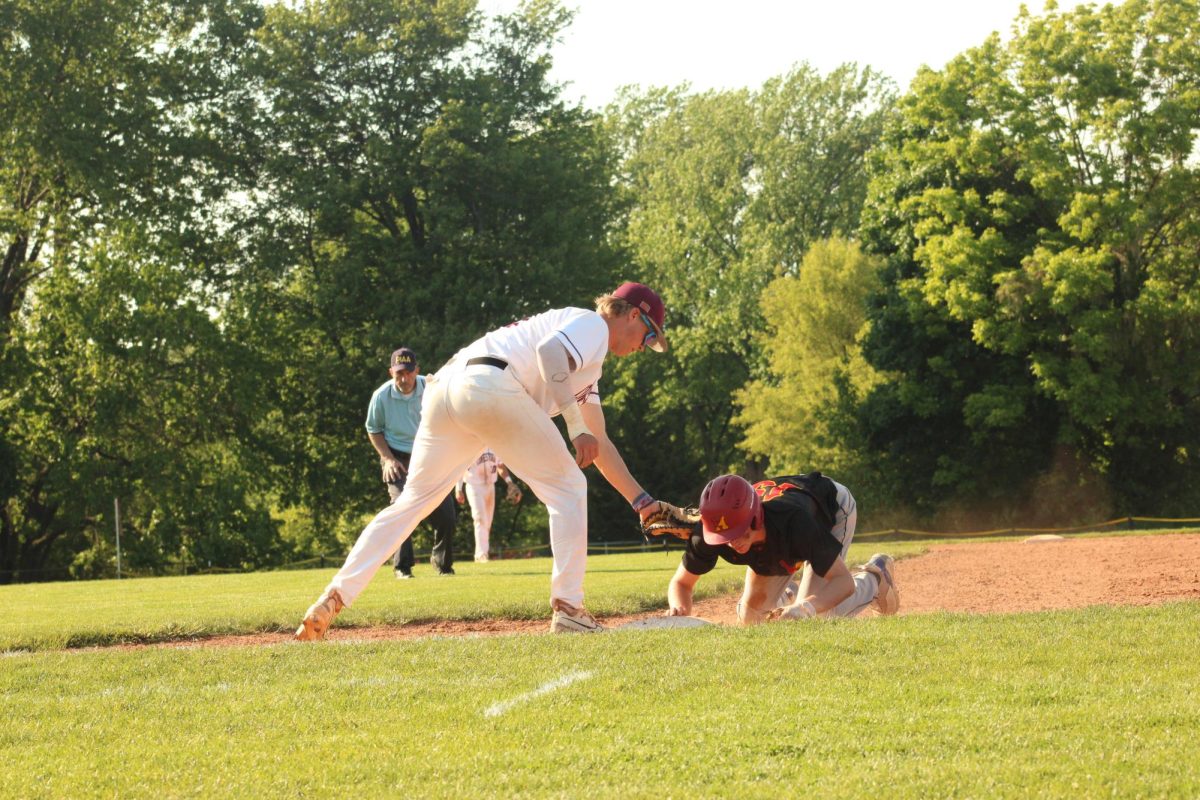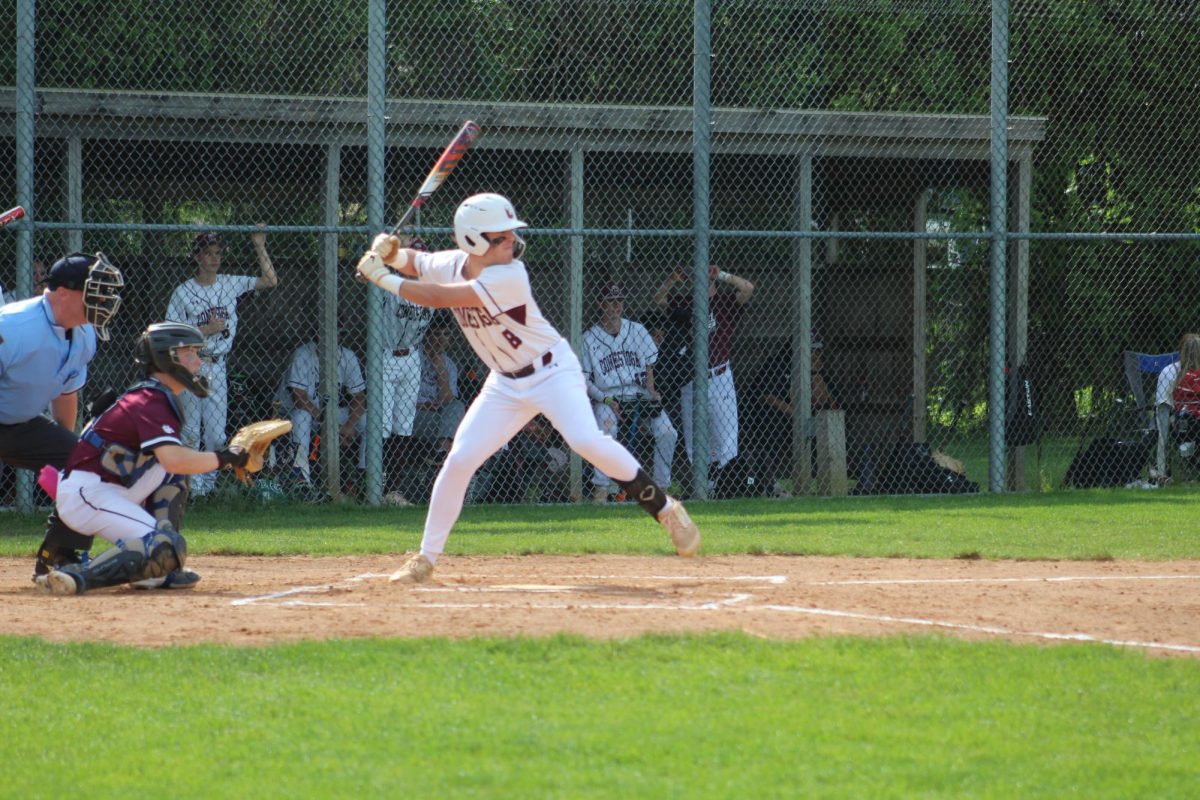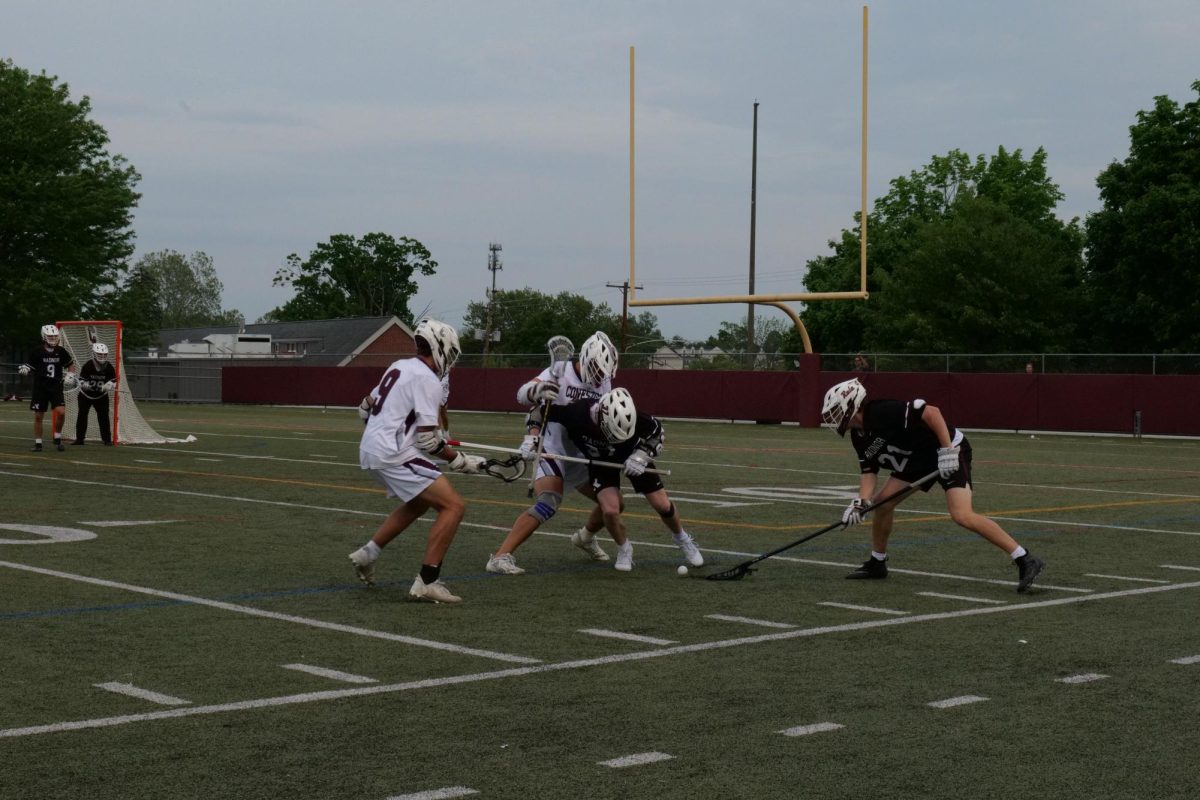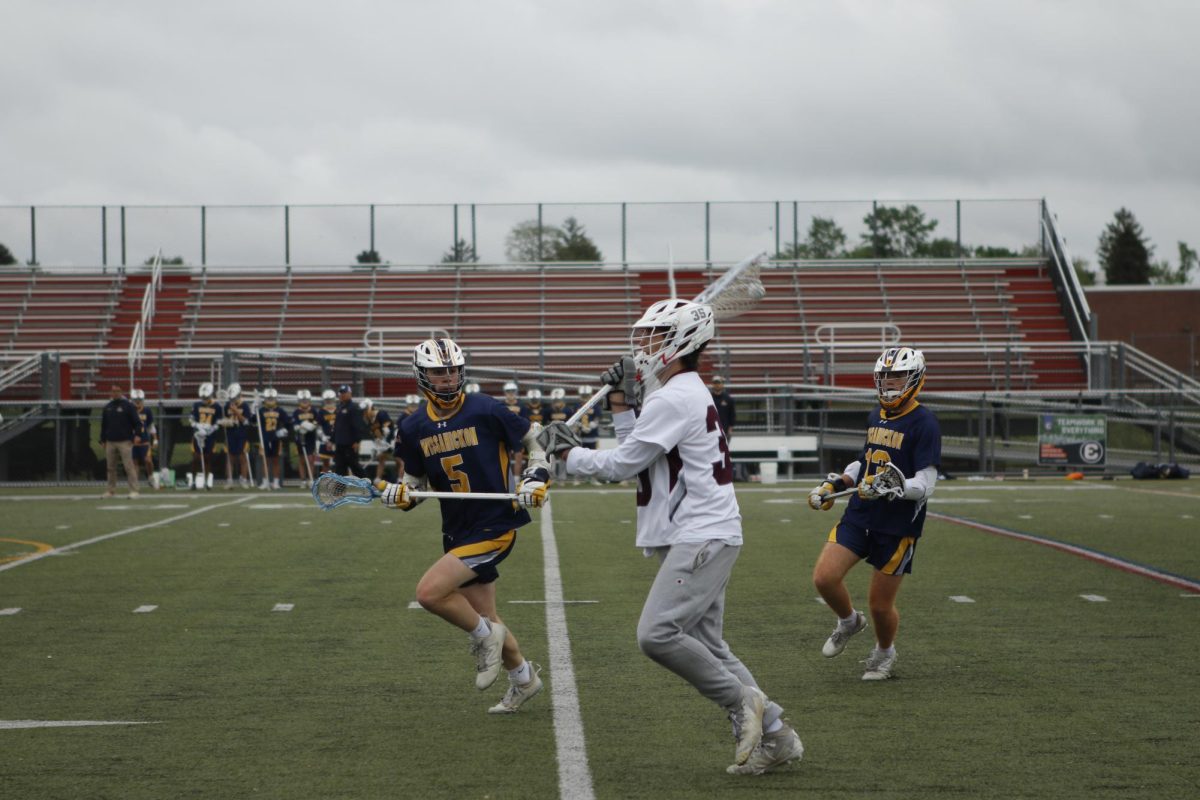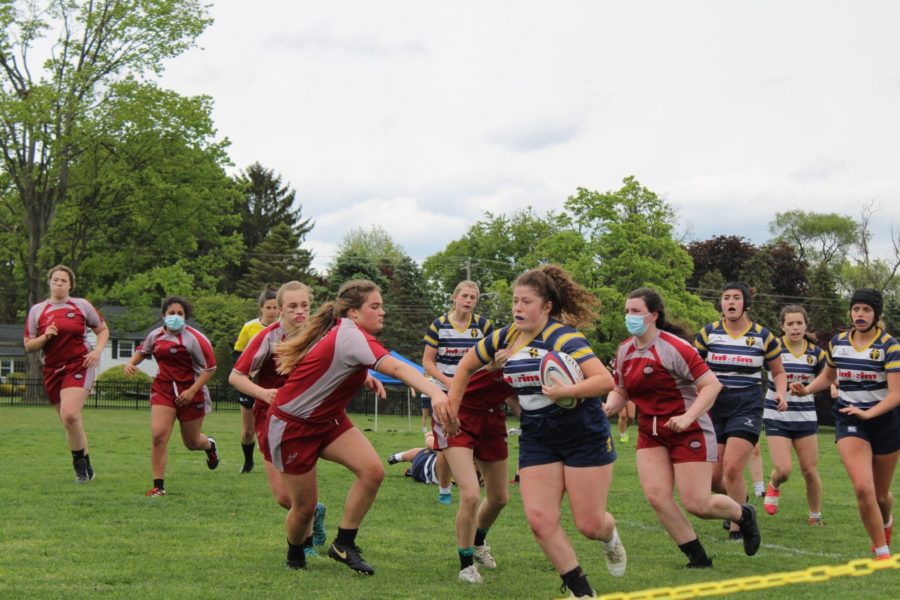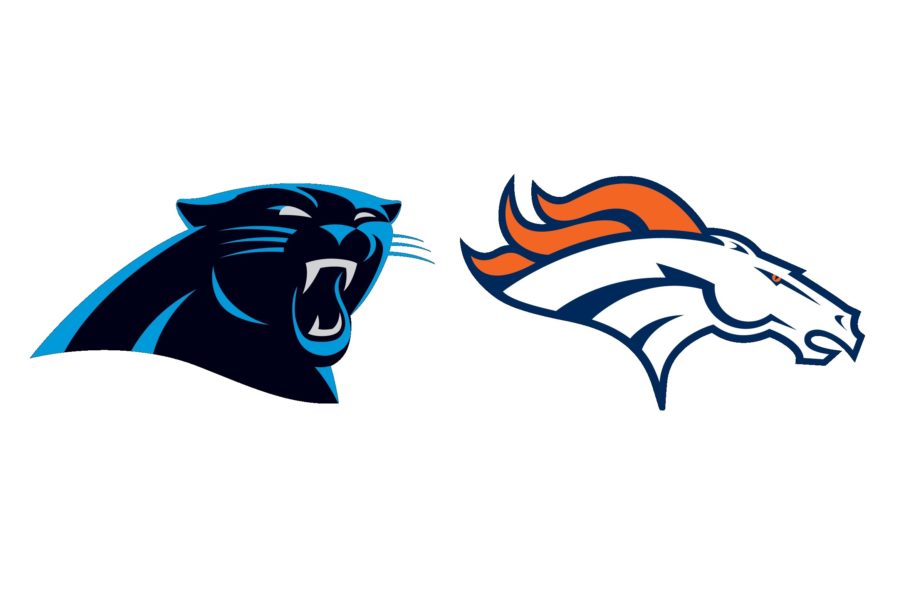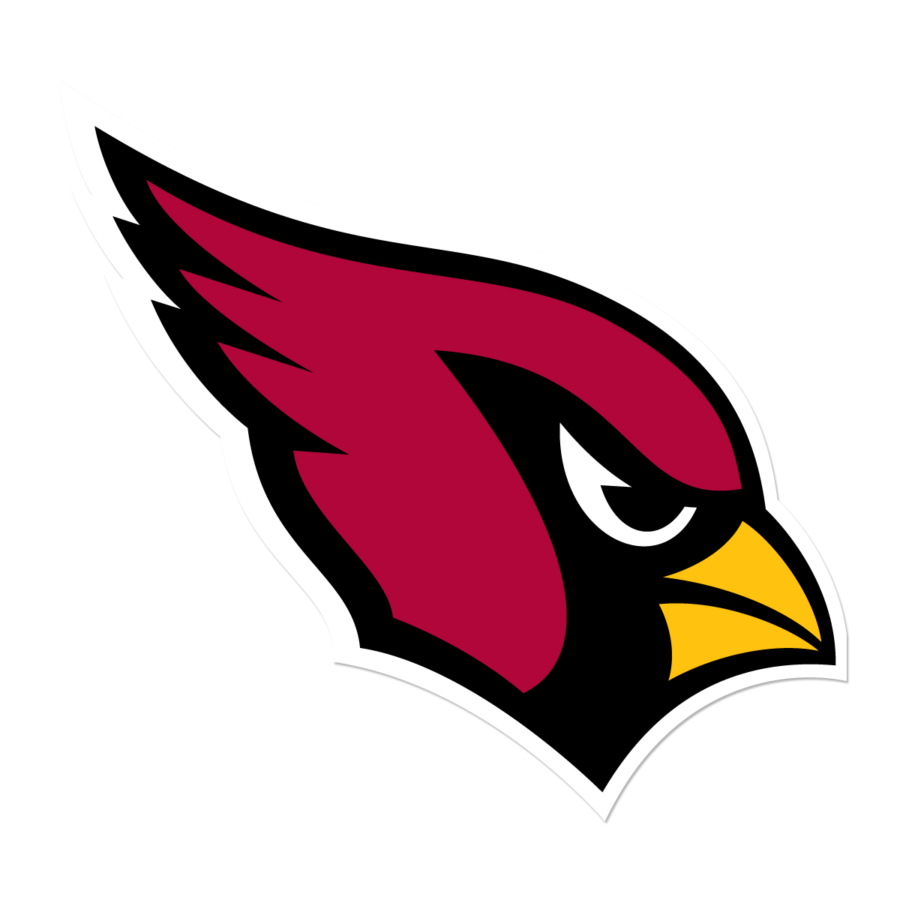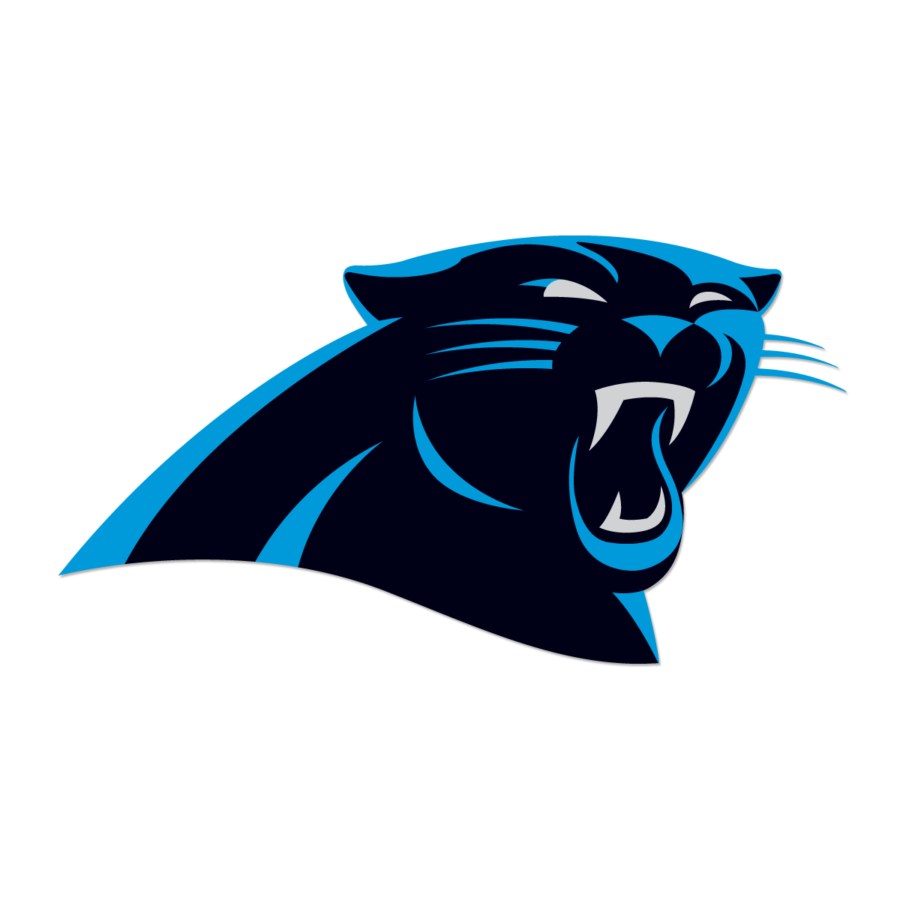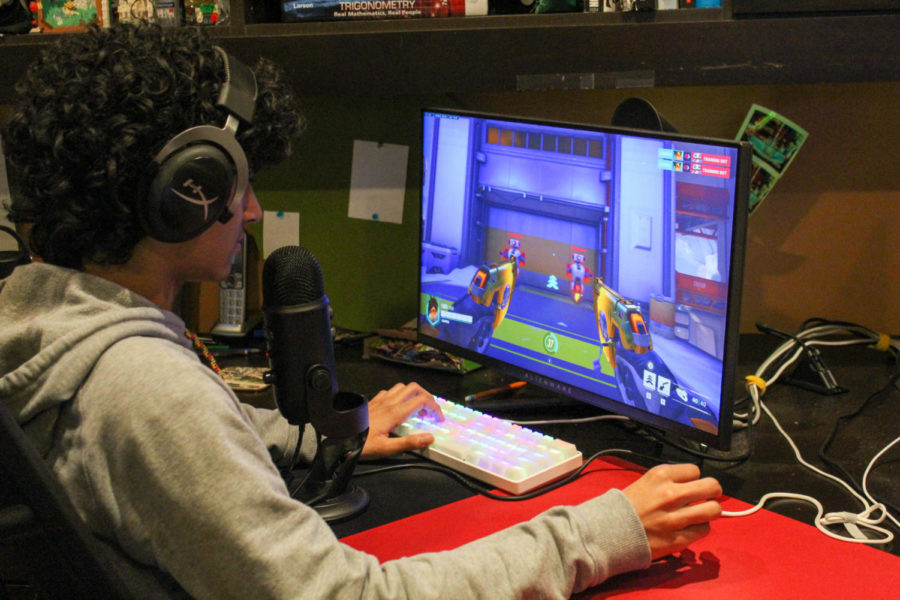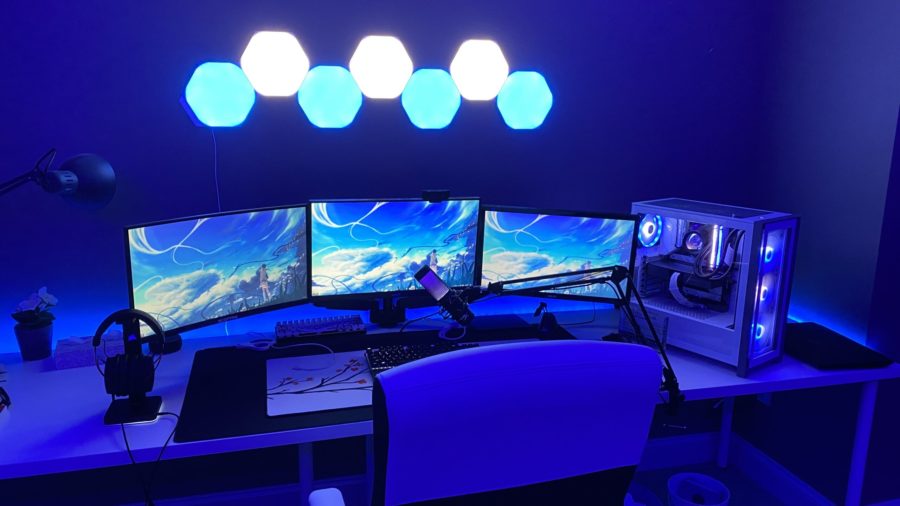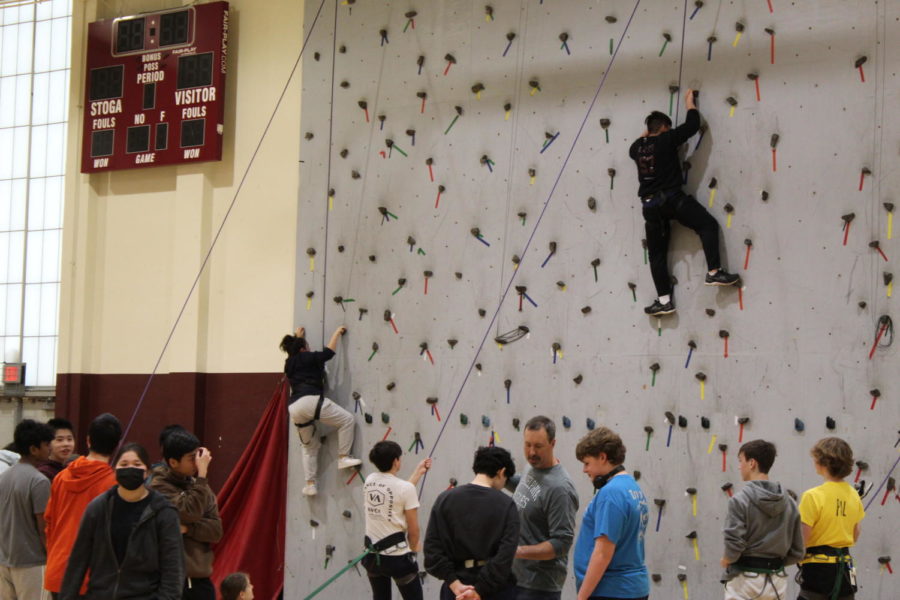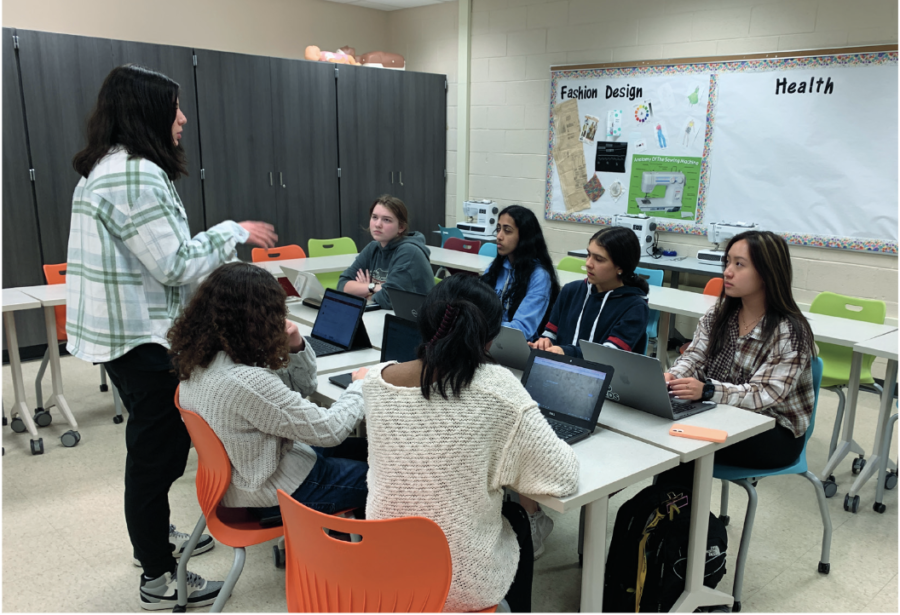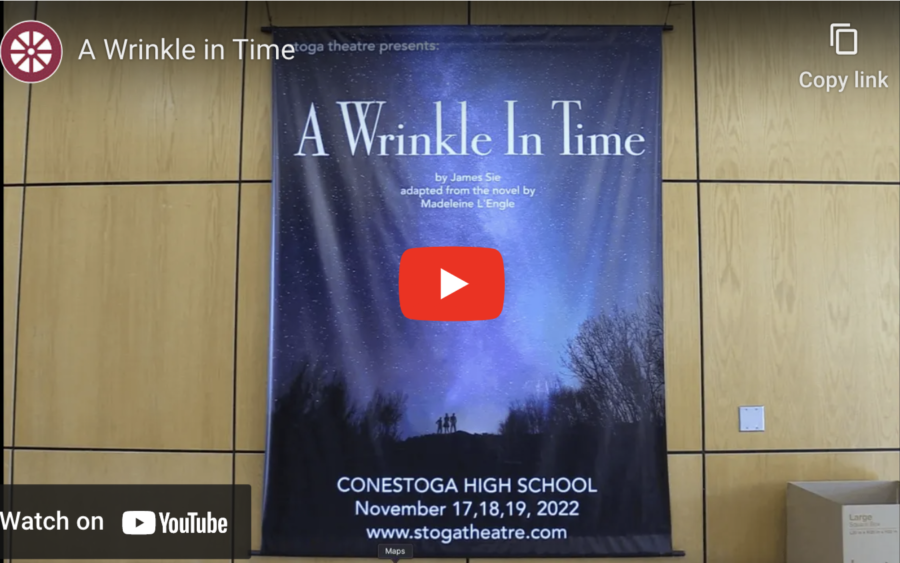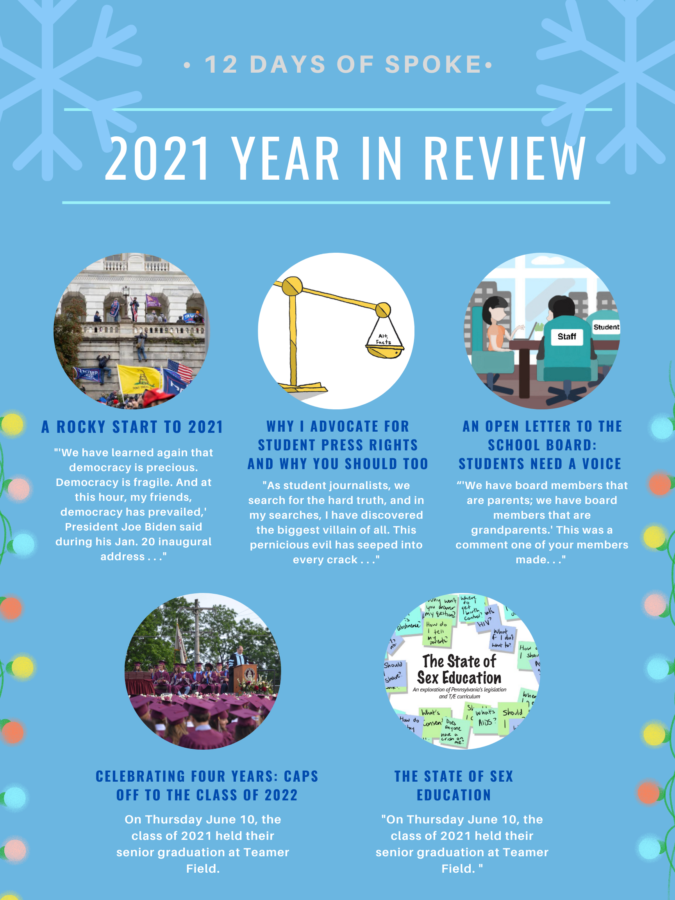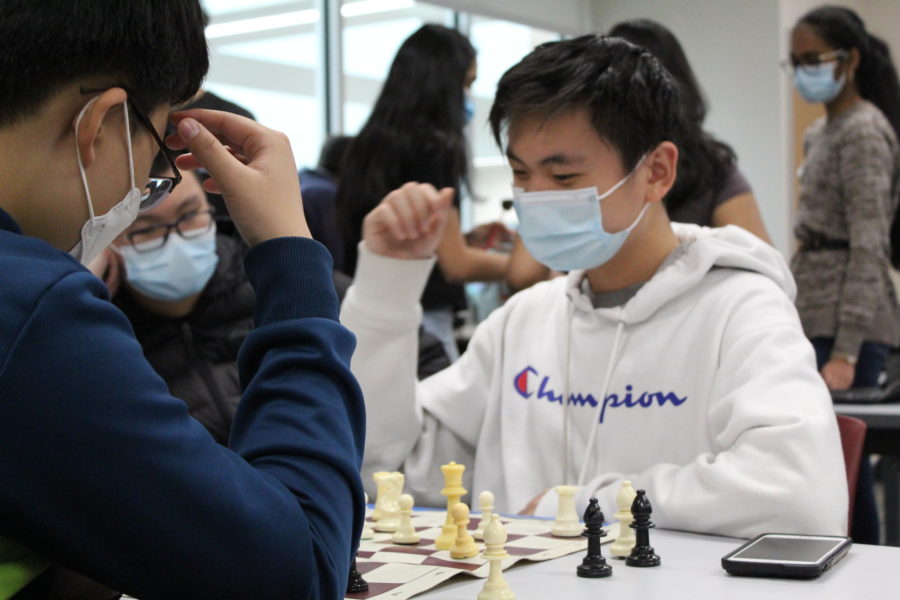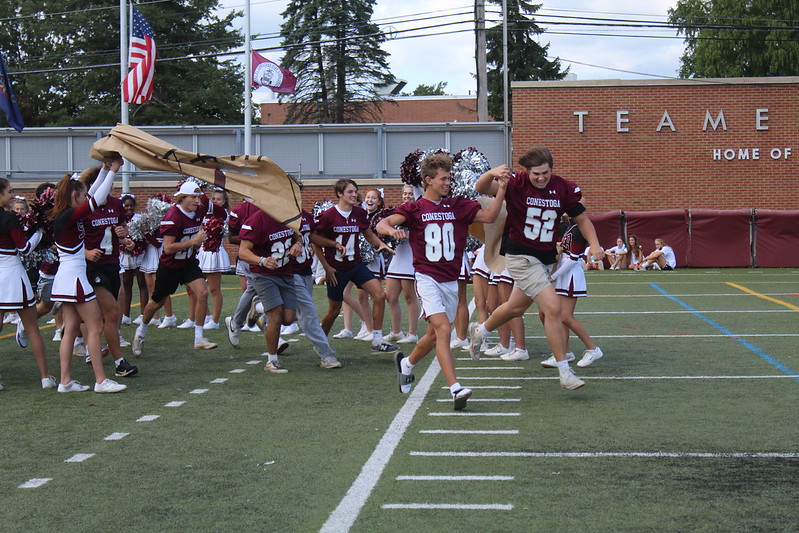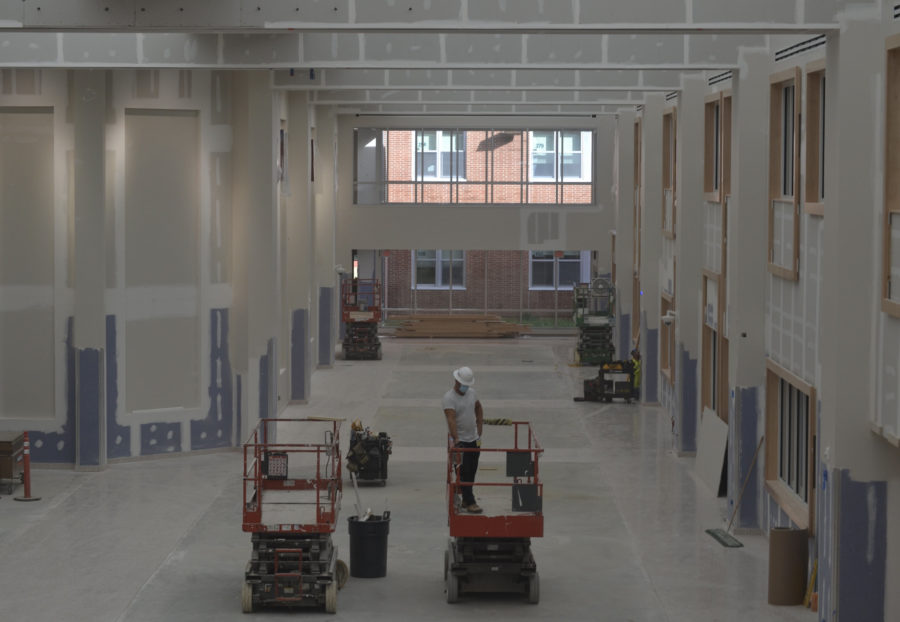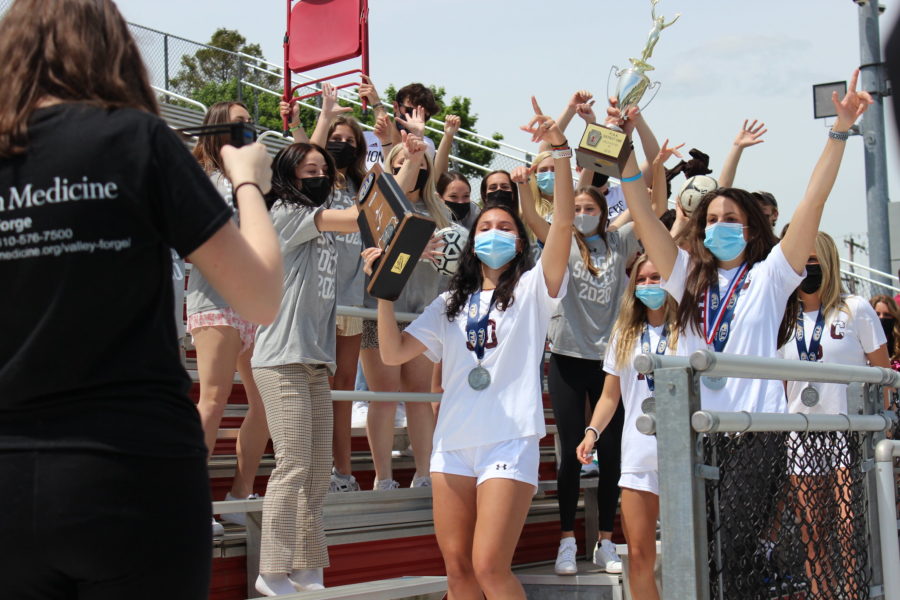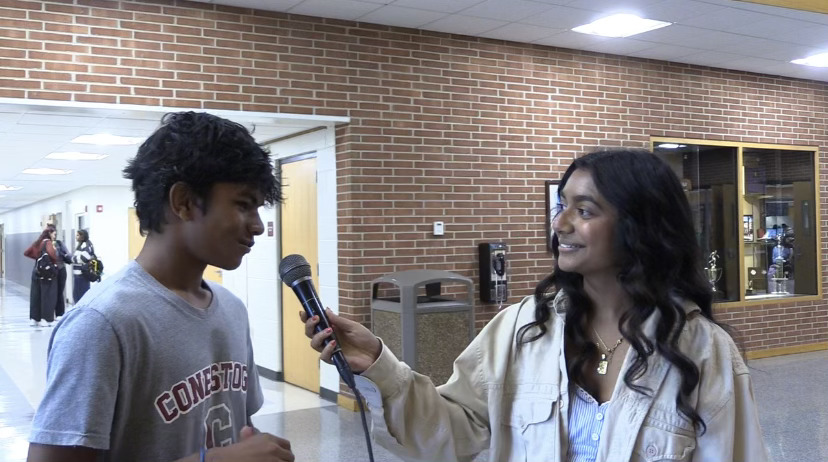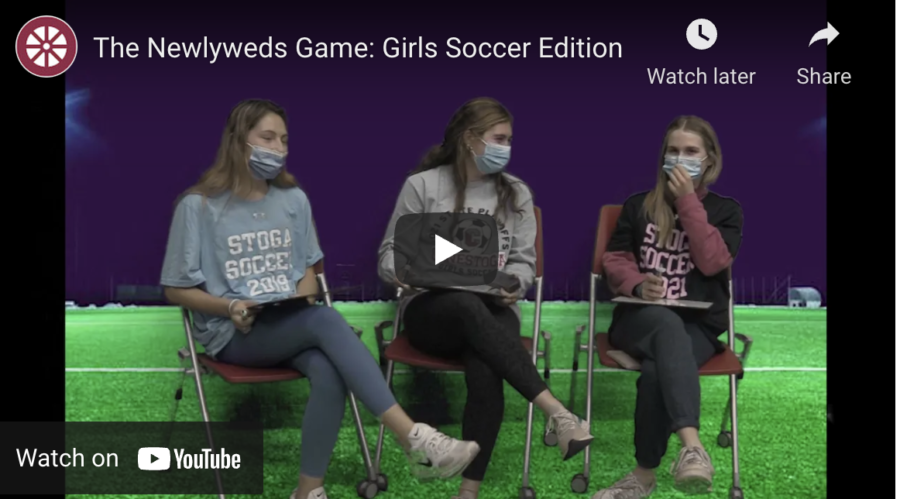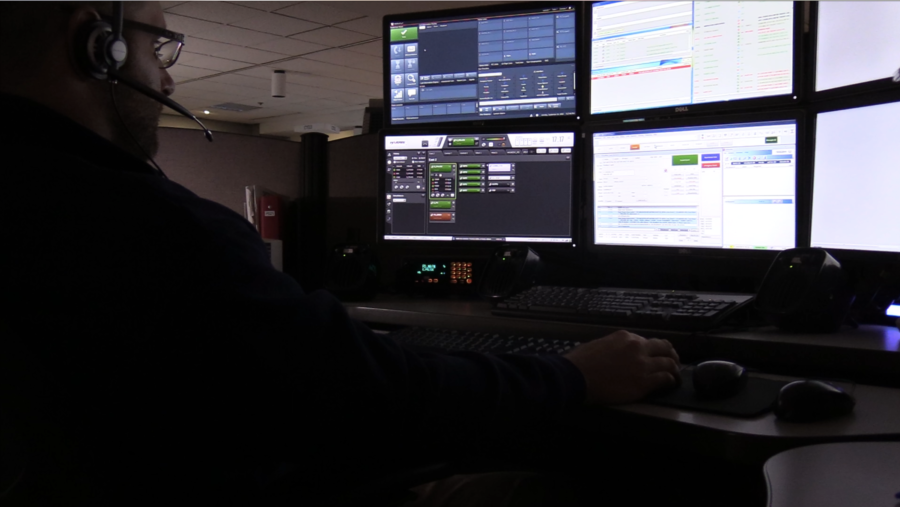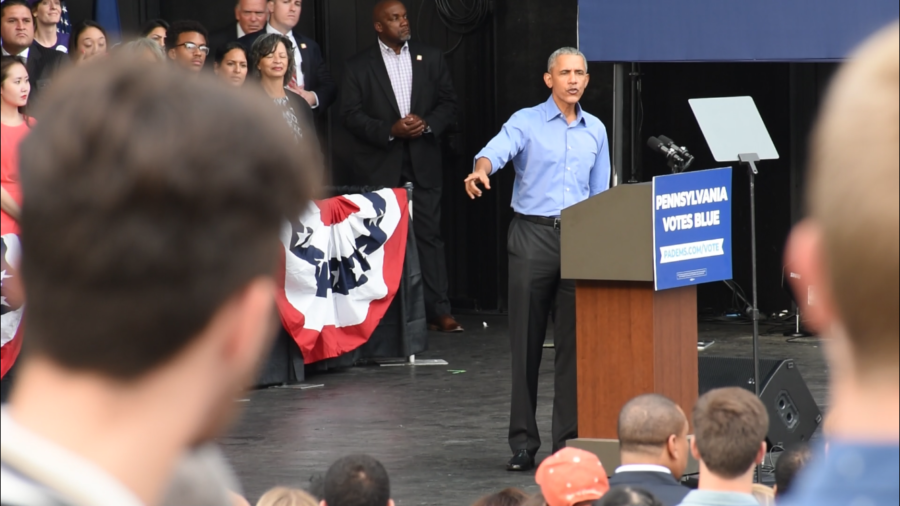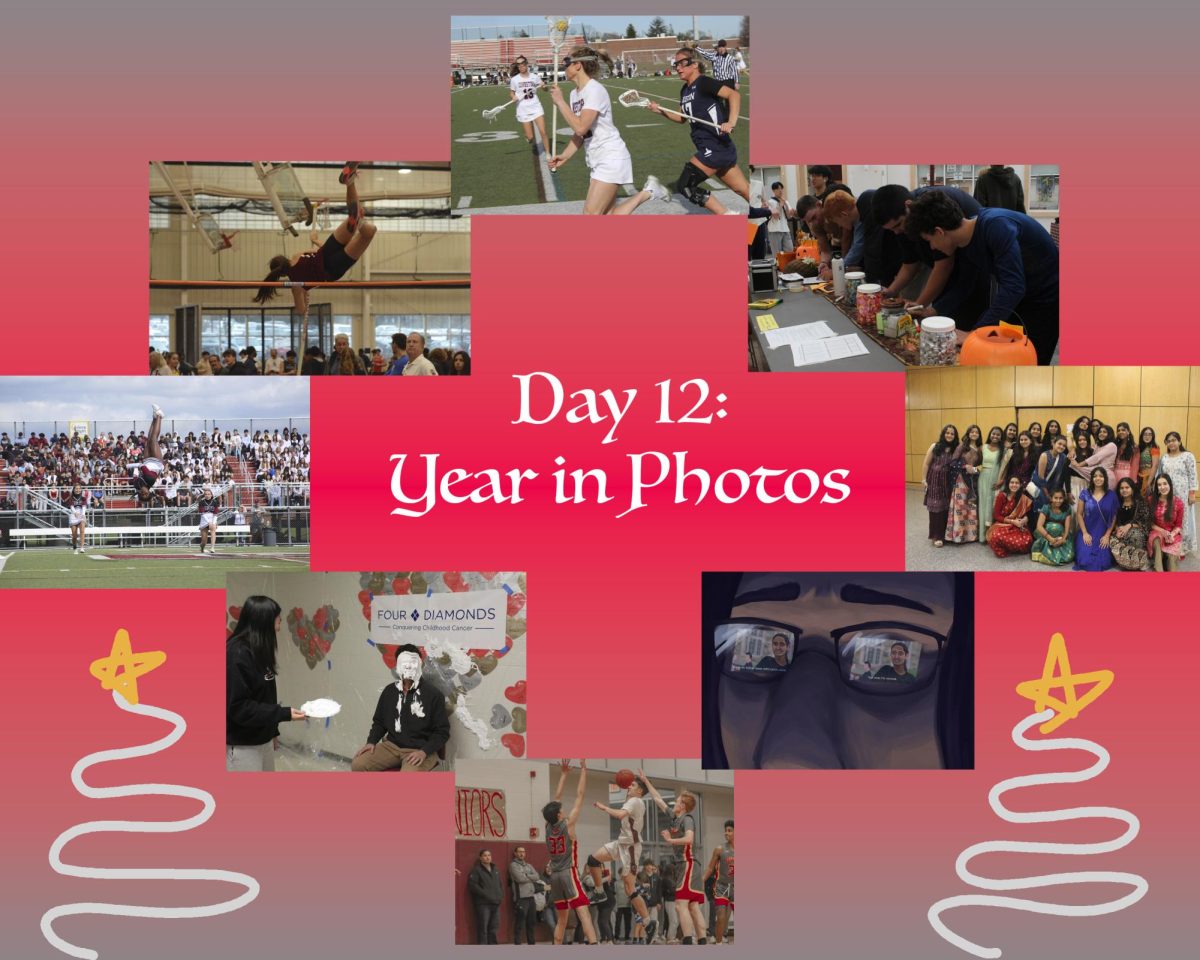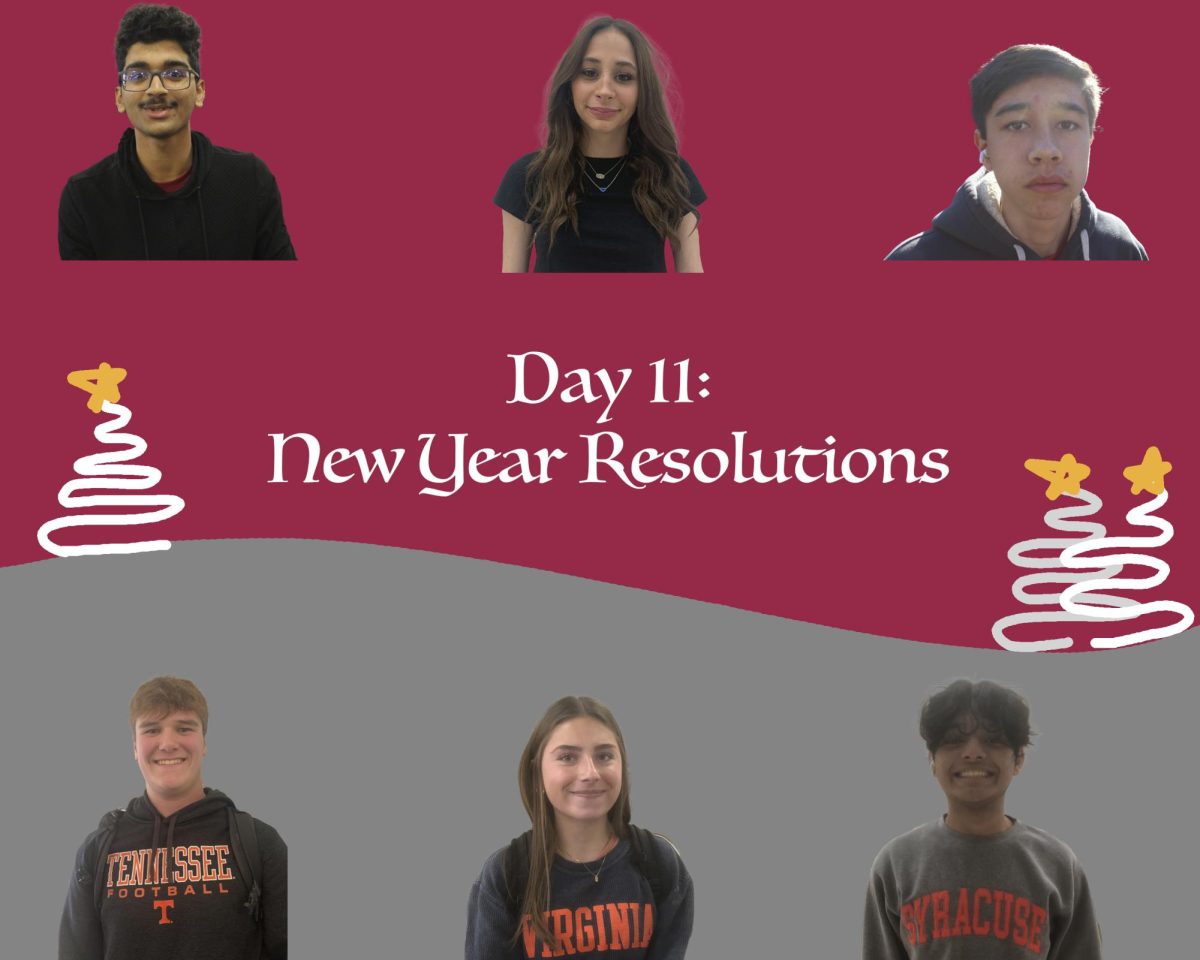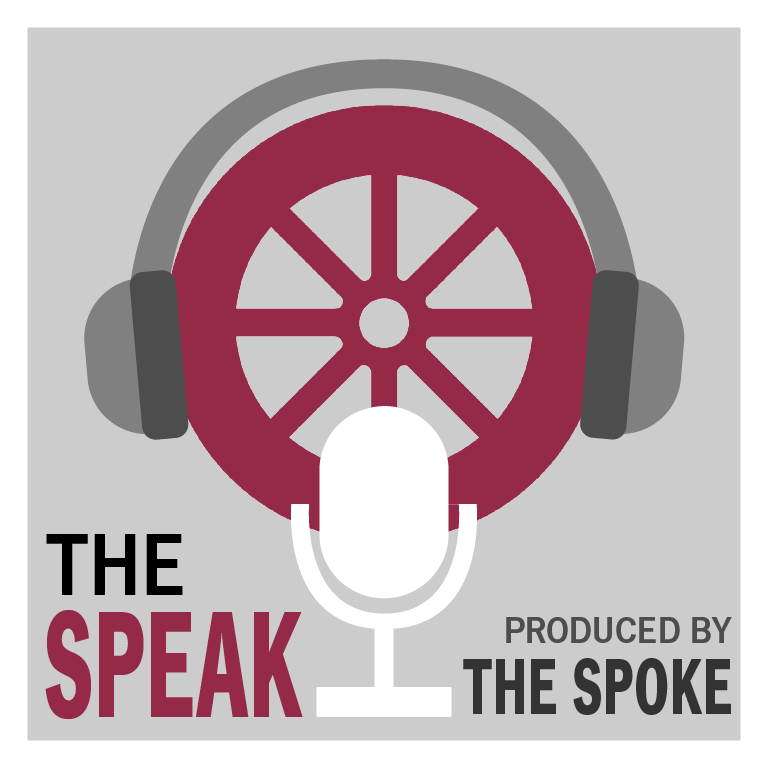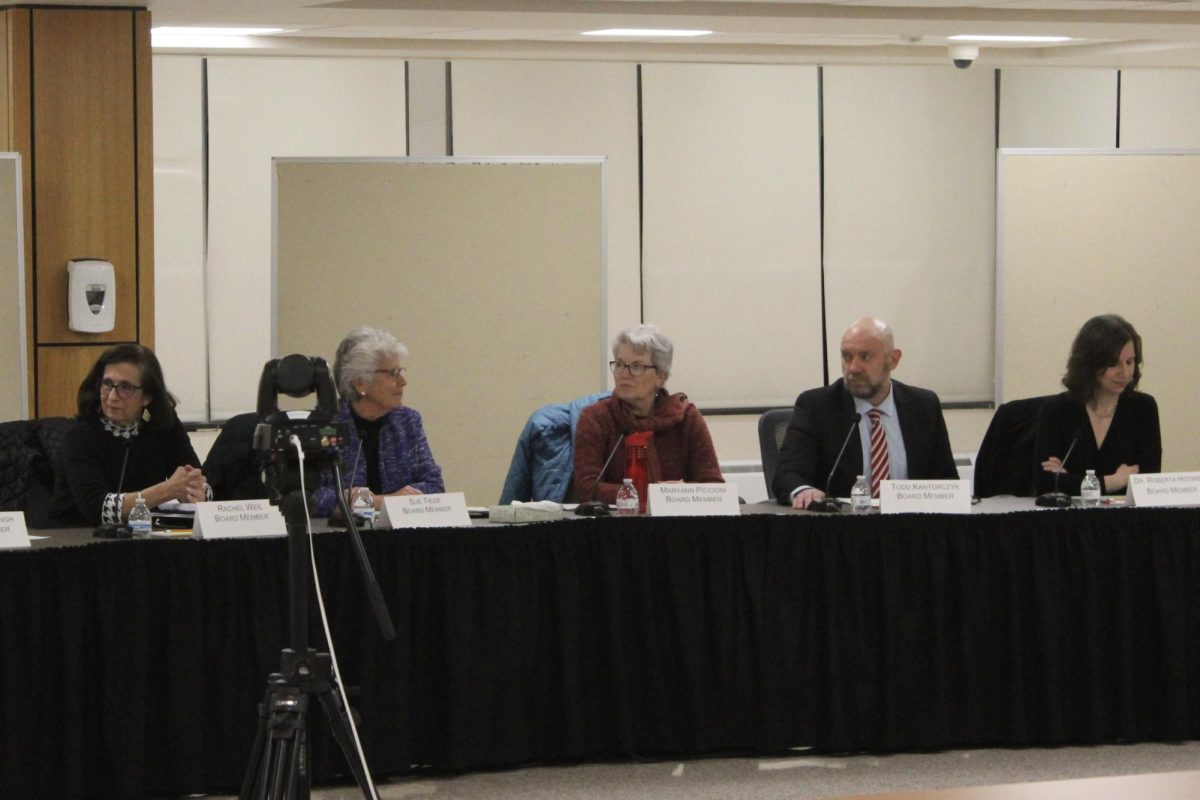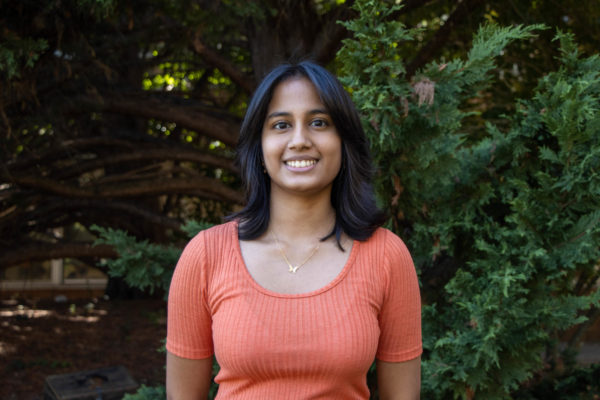By Saktisri Gowrishankar, Staff Reporter
In a world where social media consumes us more than we consume it, celebrities have become exposed to the harsh sides of their fan bases. Parasocial relationships are the main reason for this.
Oxford Reference defines a parasocial relationship as a one-sided relationship that a person imagines with a figure they don’t know well, such as a celebrity or fictional character.
In late July, we saw the negative effects of such relationships. Doja Cat, a popular rapper, received backlash online because of her response to her fanbase wanting to call themselves “kittenz,” according to Time Magazine. Doja Cat replied to the X thread, saying the fans who proposed the name need to “get off your phone and get a job.”
Many people argued that Doja Cat was being disrespectful or unappreciative to her loyal fanbase. This incident and other cases of Doja Cat rejecting fans’ support gained traction on social media like X and TikTok. On Aug. 4, Doja Cat released the song “Paint the Town Red,” in which she dismissed fans’ angry responses.
Parasocial relationships are problematic and prominent. A 2017 study by Thriveworks, a mental health care company, showed that about 51% of Americans have been in a parasocial relationship. Fans often feel as though they have a right to make demands of an artist because of the false closeness they perceive between them and the artist. They have no right to make such demands. An artist’s primary purpose is to create, which means they have no obligation to meet fans’ requests.
Another detrimental aspect of parasocial relationships is how they can impact the artist. Through social media, fans are constantly aware of what an artist does, who they date and when they release their next album or song. According to Lex Wang who writes for the Daily Bruin, this continual insight perpetuates parasocial connections. Fans harass artists online, and sometimes, even in real life. Online users sent Doja Cat thousands of hurtful comments, which translated into the lyrics of “Paint the Town Red” where she sarcastically refers to herself as a “devil” who only cares about fame.
Some may argue that parasocial relationships are not harmful because they are a fan’s coping mechanism or their way of showing appreciation. While someone’s connection with a celebrity can be a way of showing support, there is a thin line between what is or isn’t healthy to both the admirer and the admired.
Artists should not be attacked for drawing boundaries between them and their fanbases. We as fans have an obligation to support an artist, not control them. So the next time you want to attack an artist for not dropping an album fast enough, think about what it means to be a fan.
Saktisri Gowrishankar can be reached at [email protected].





